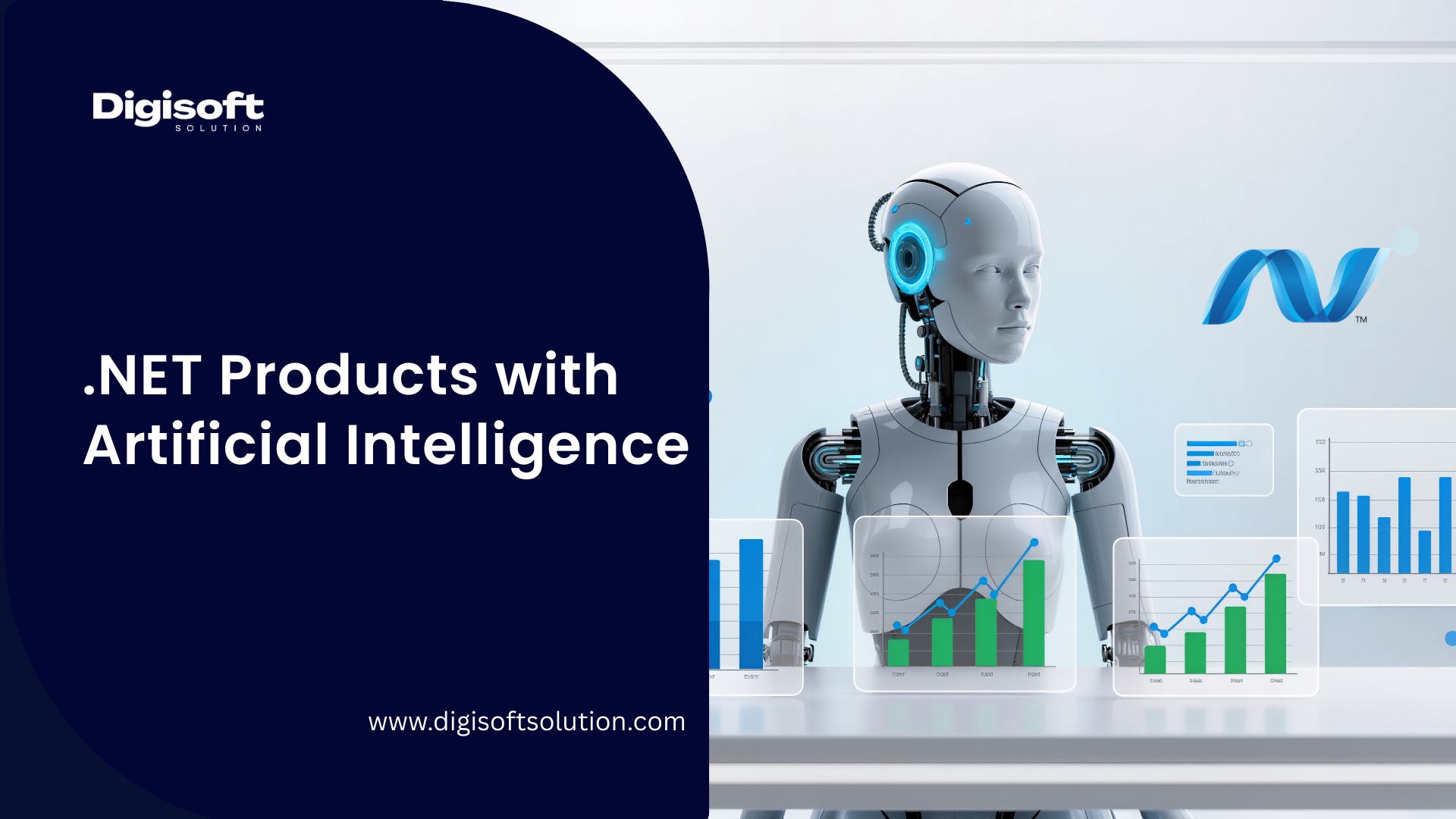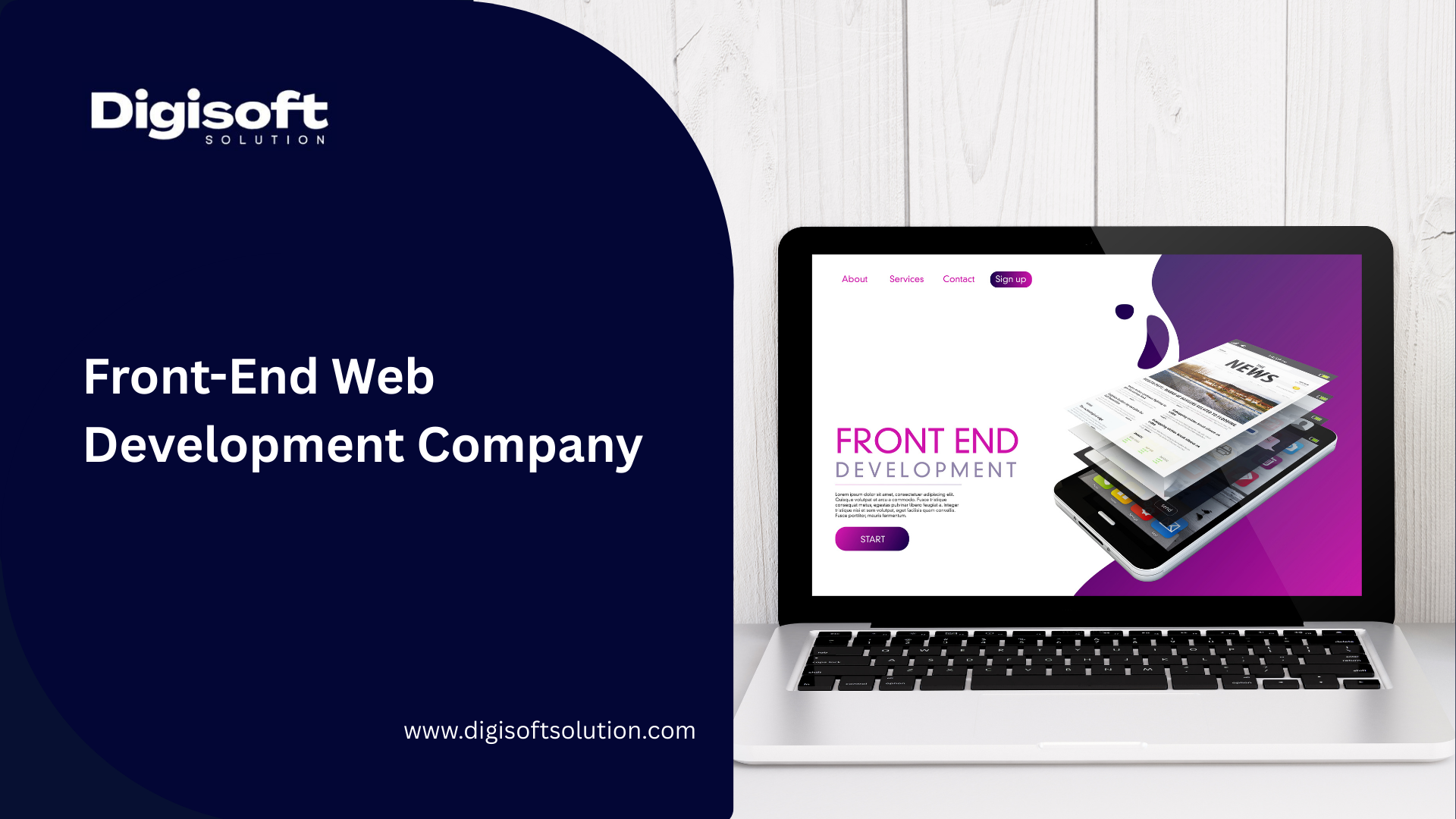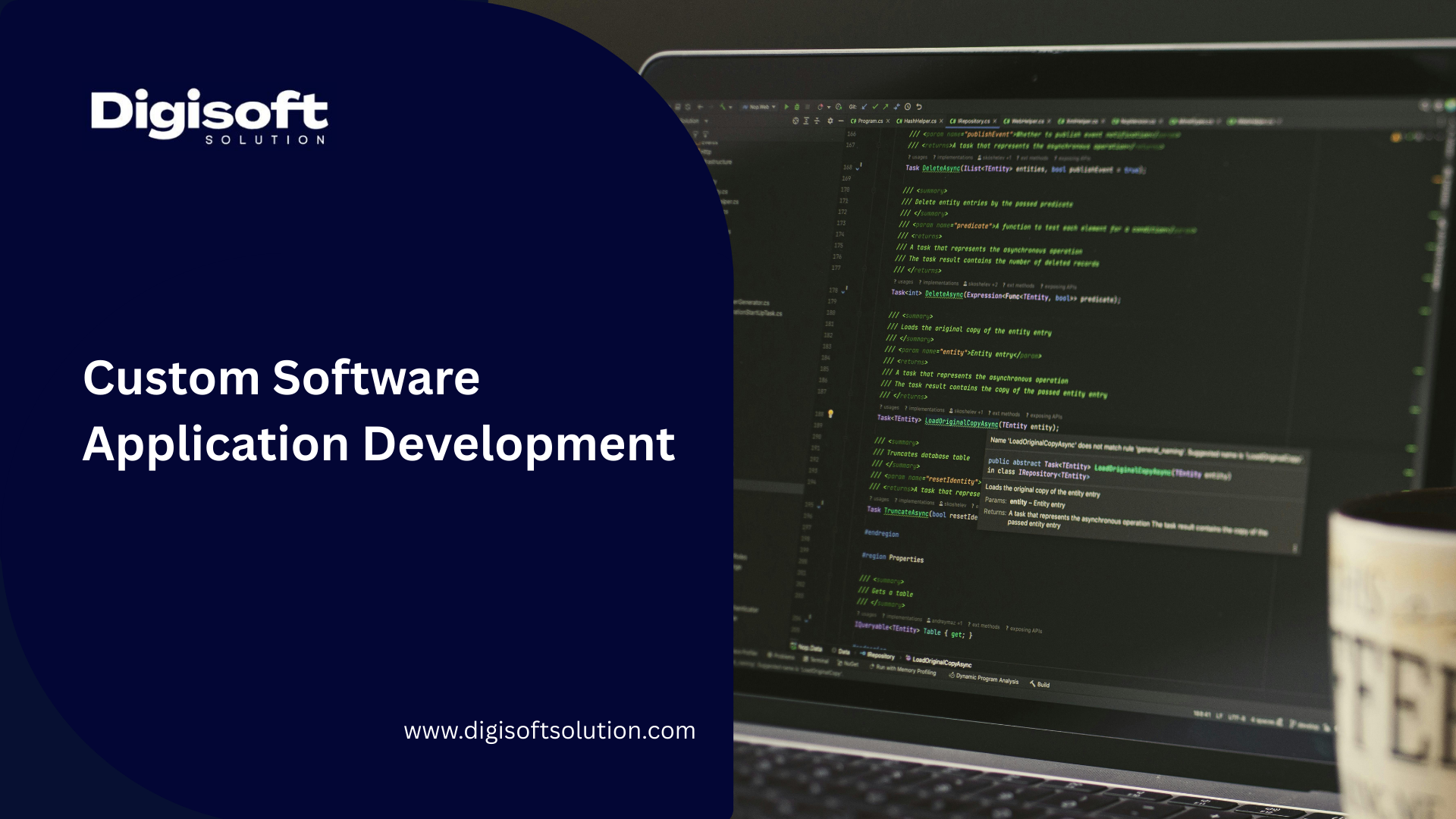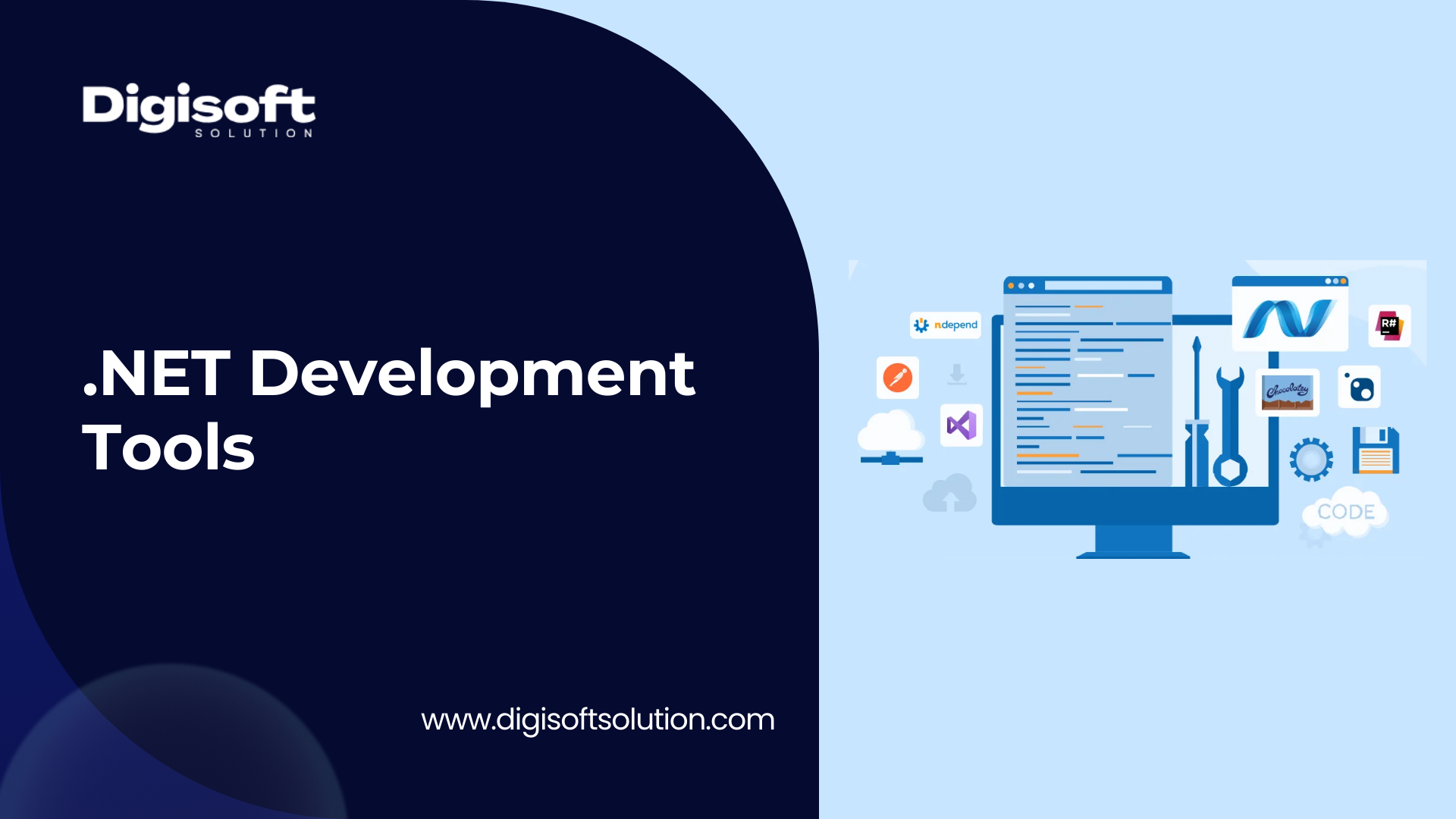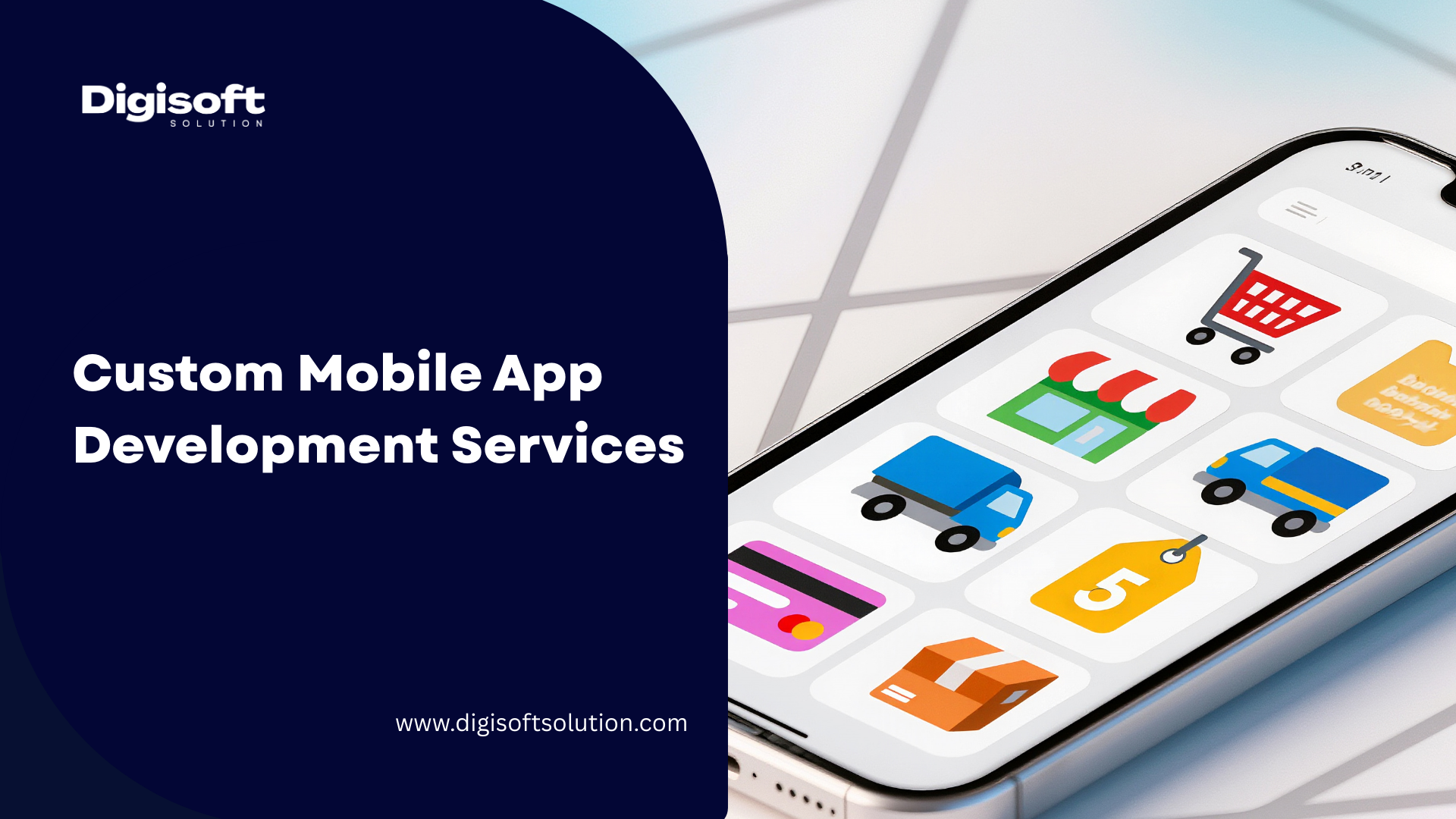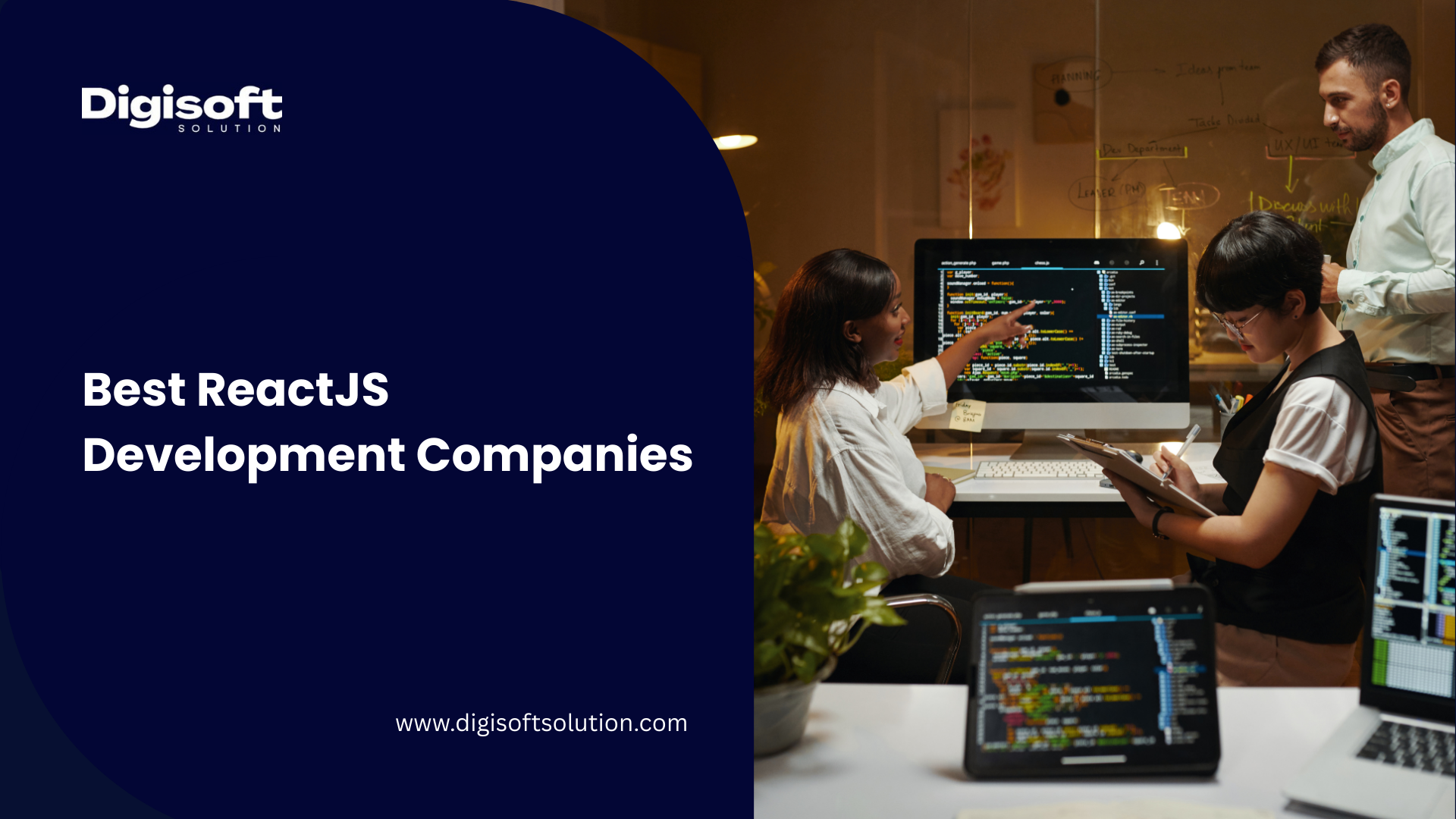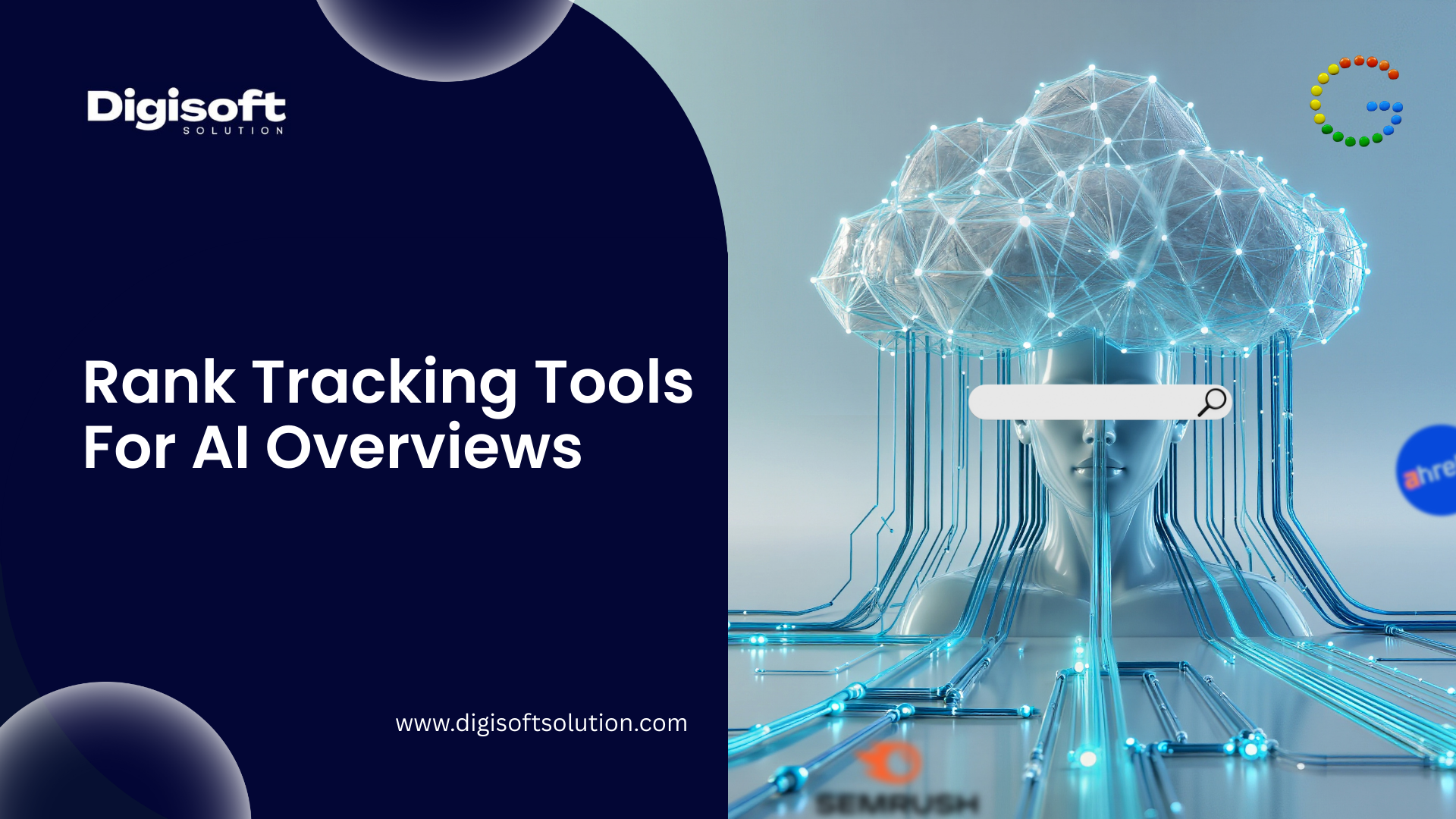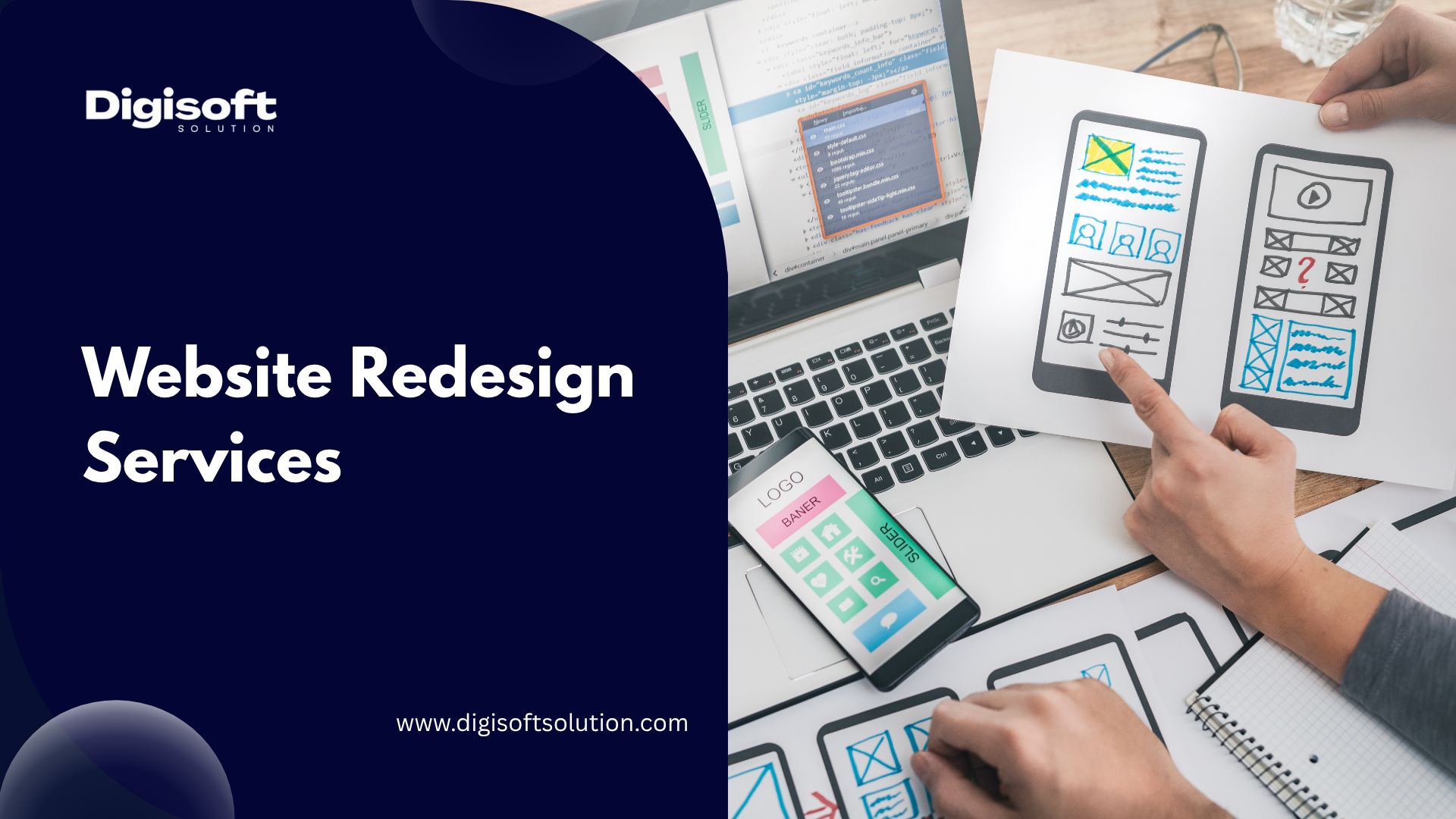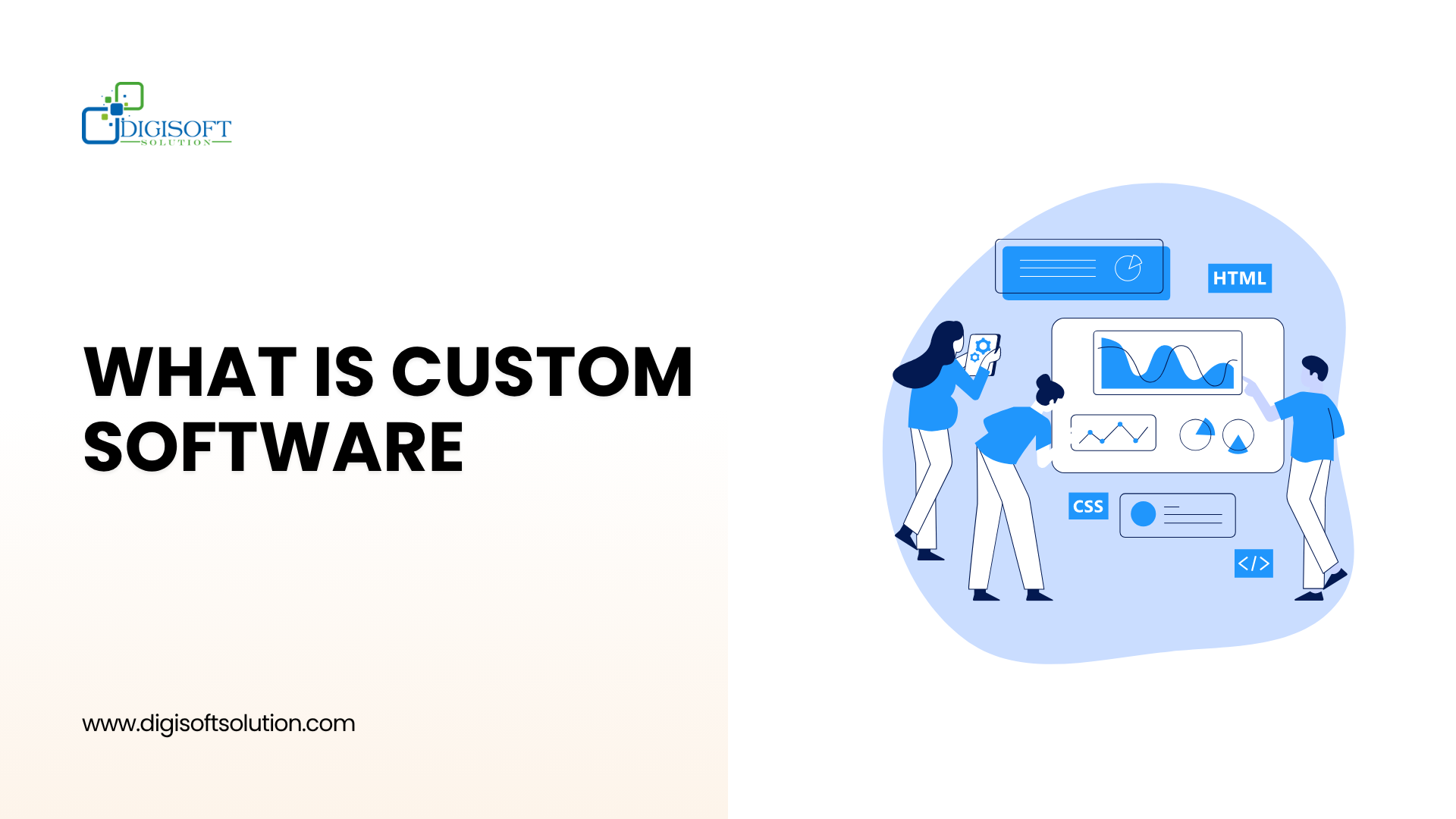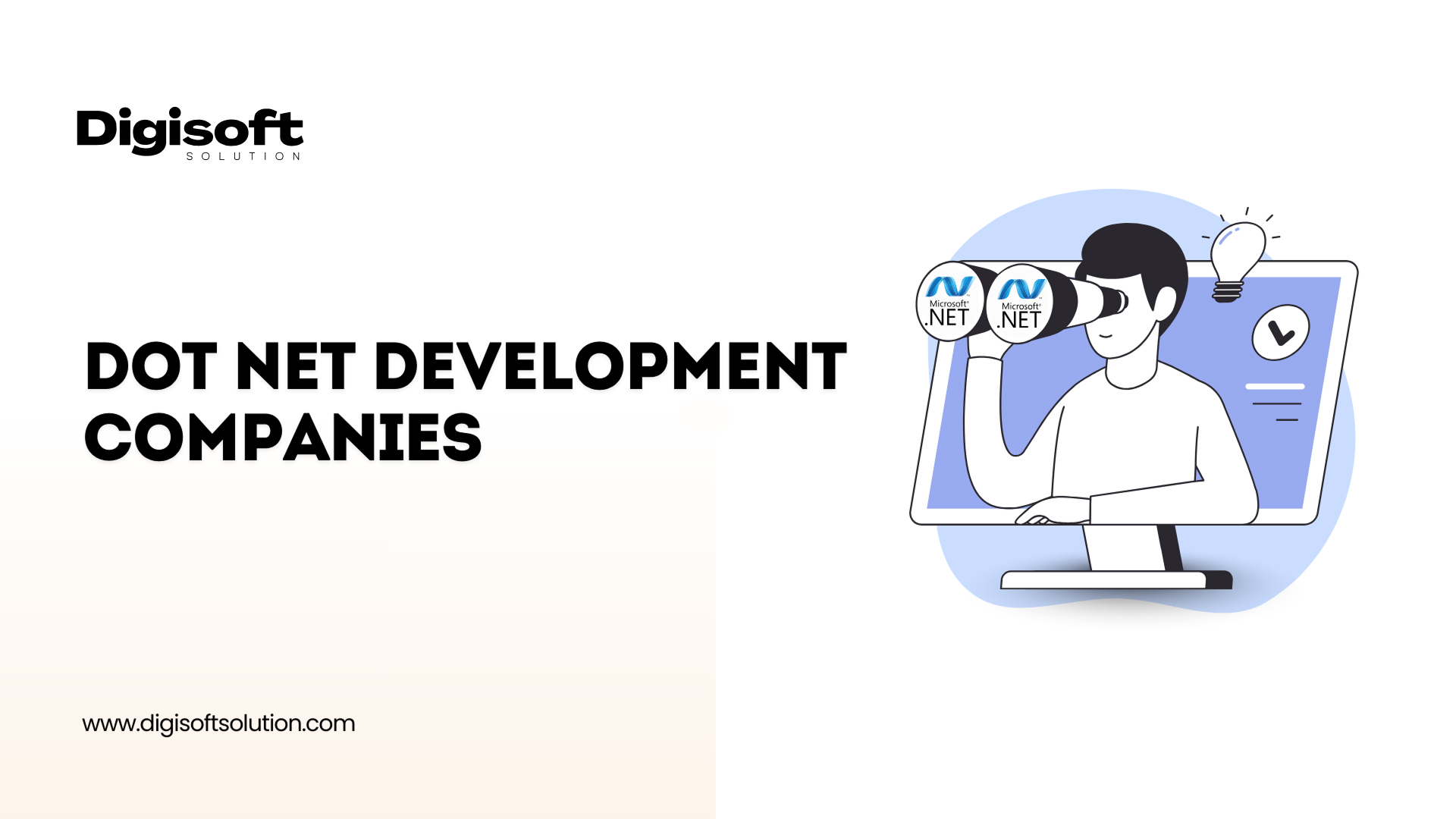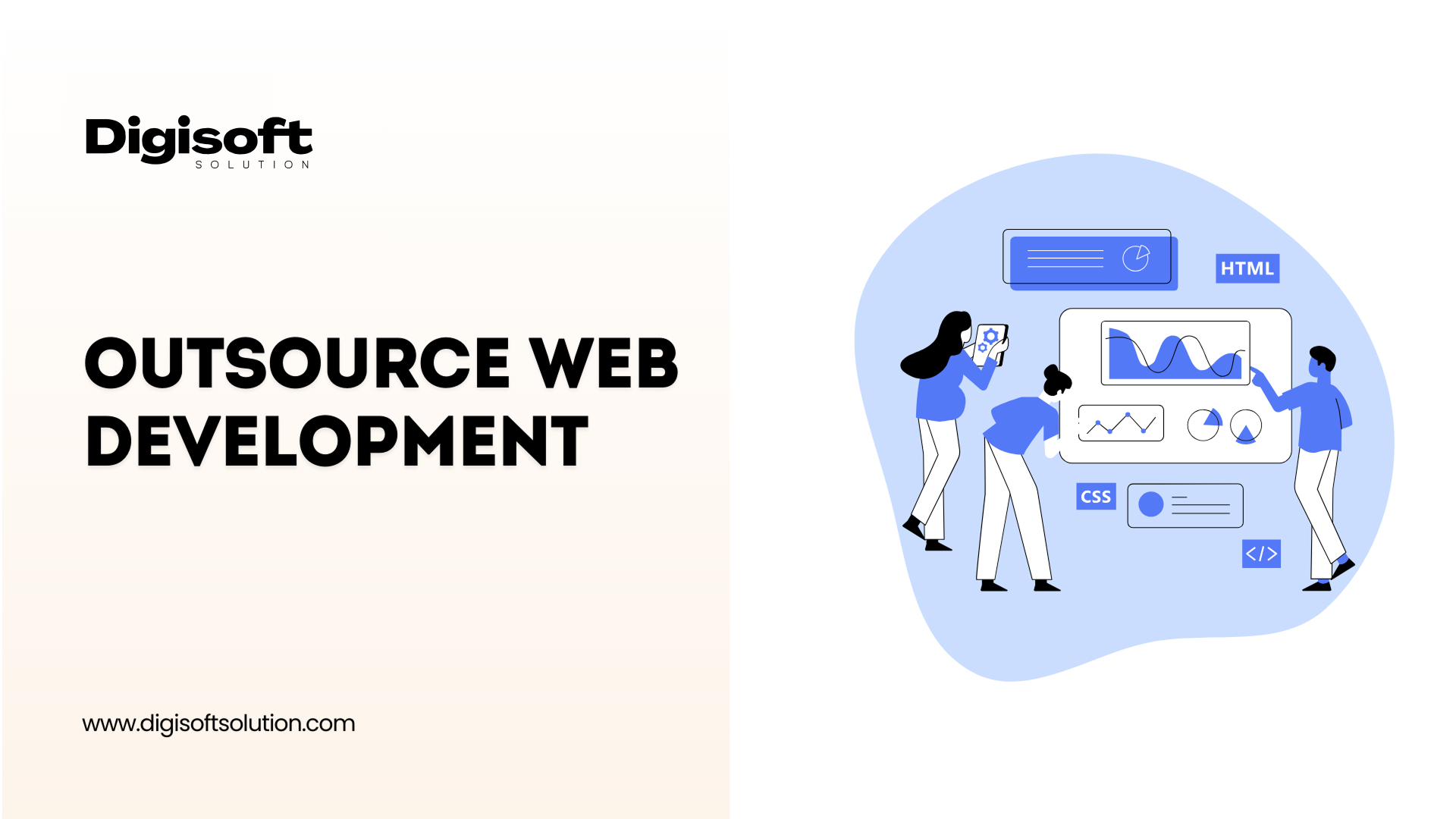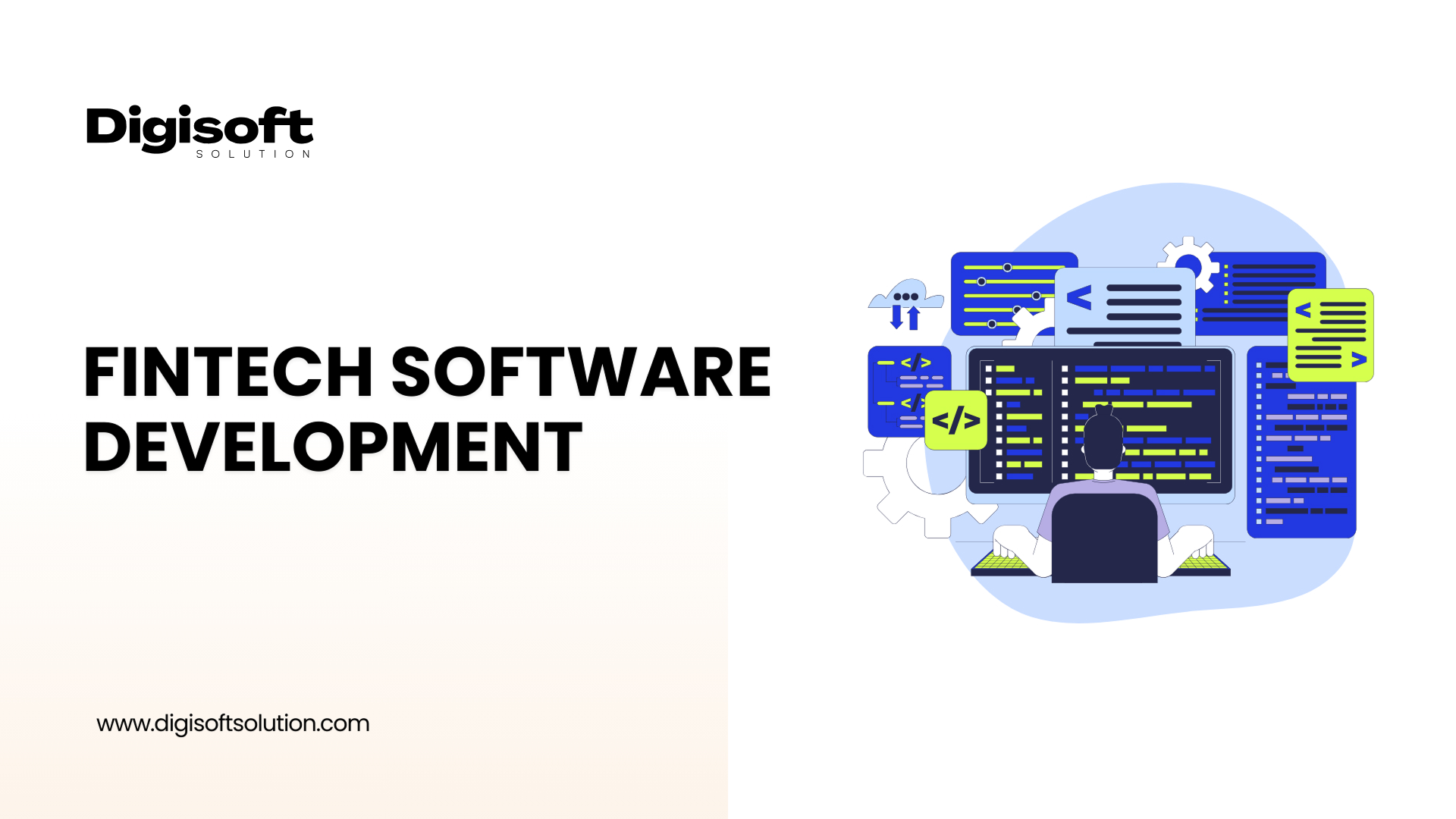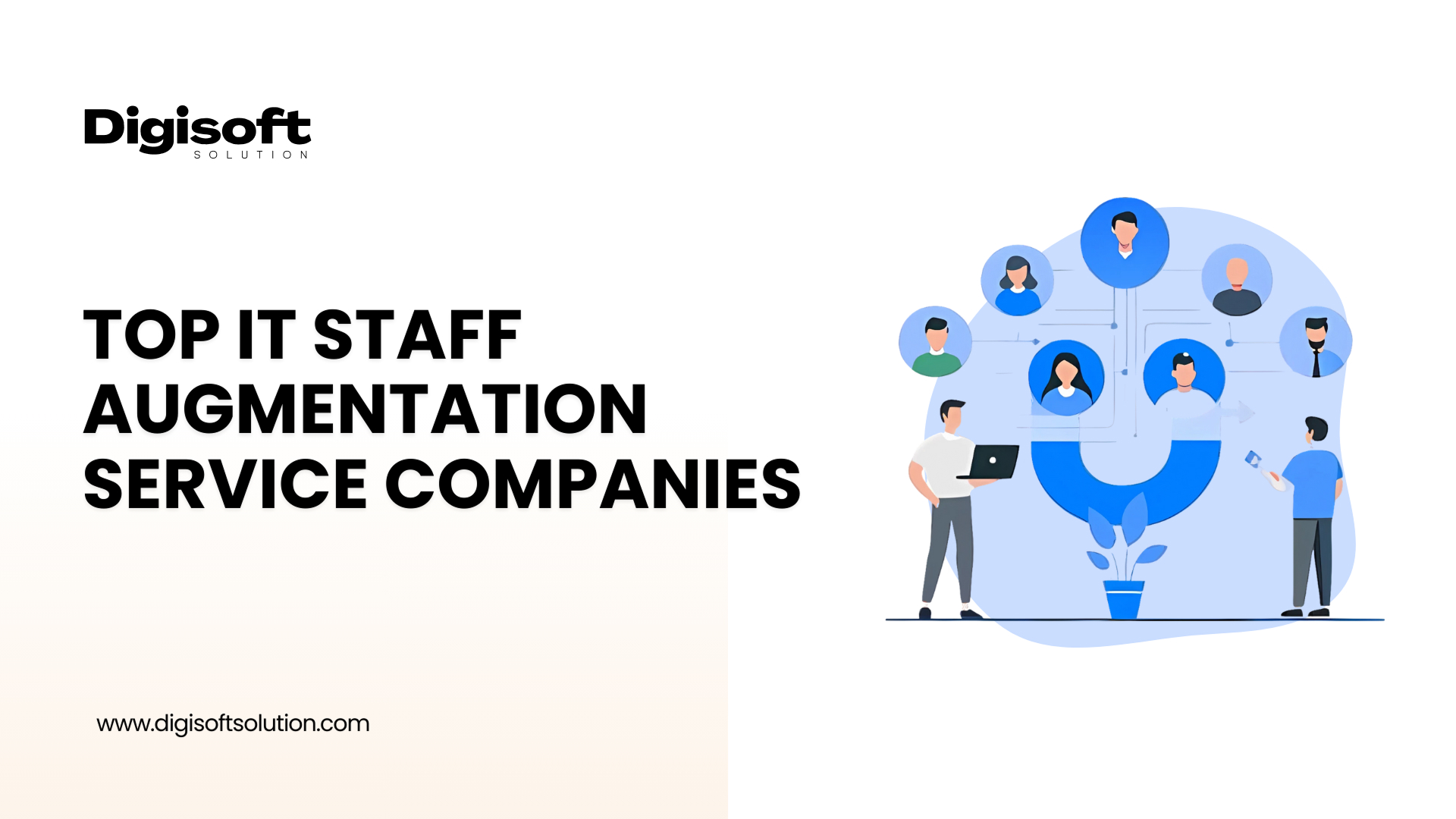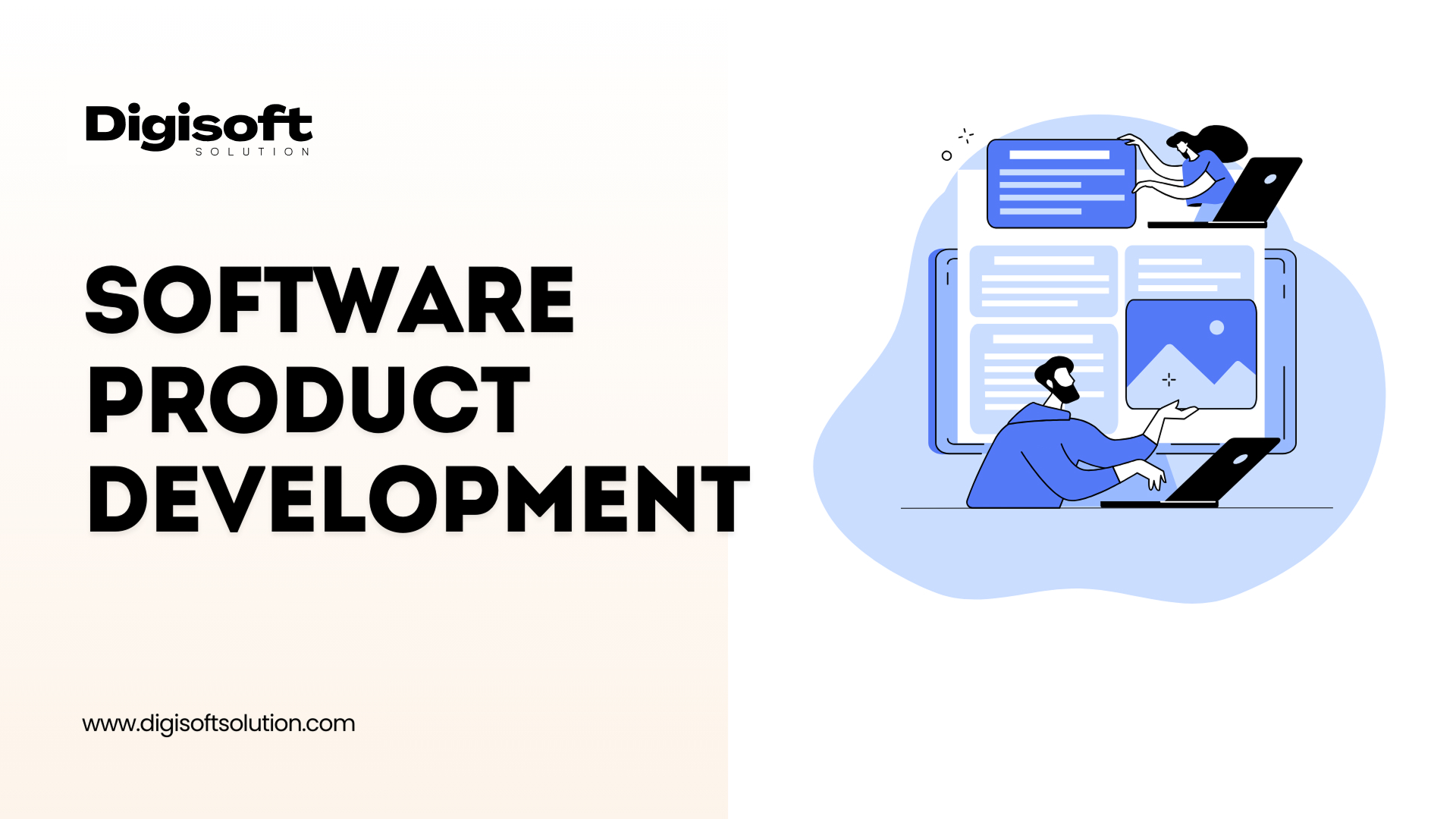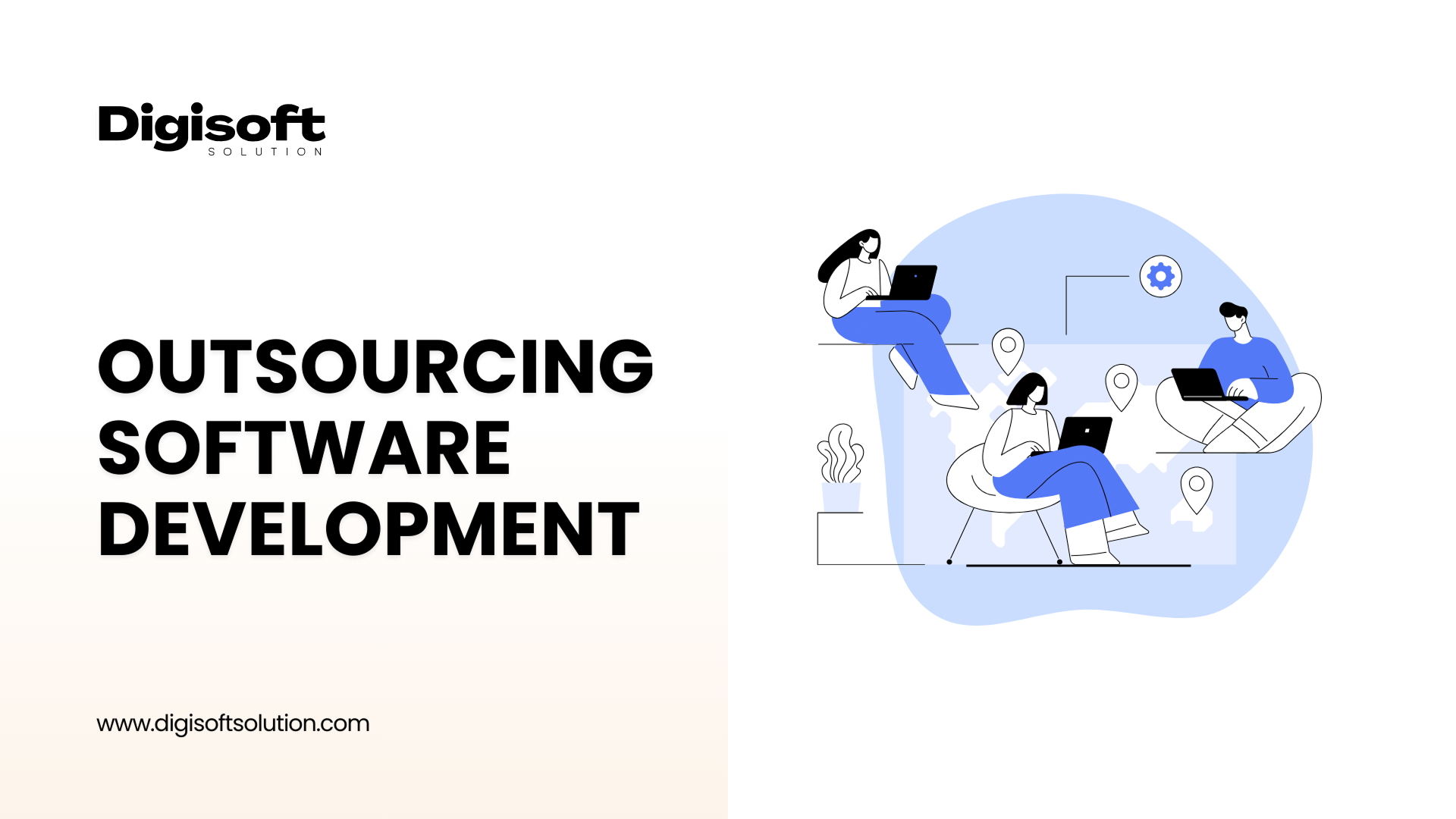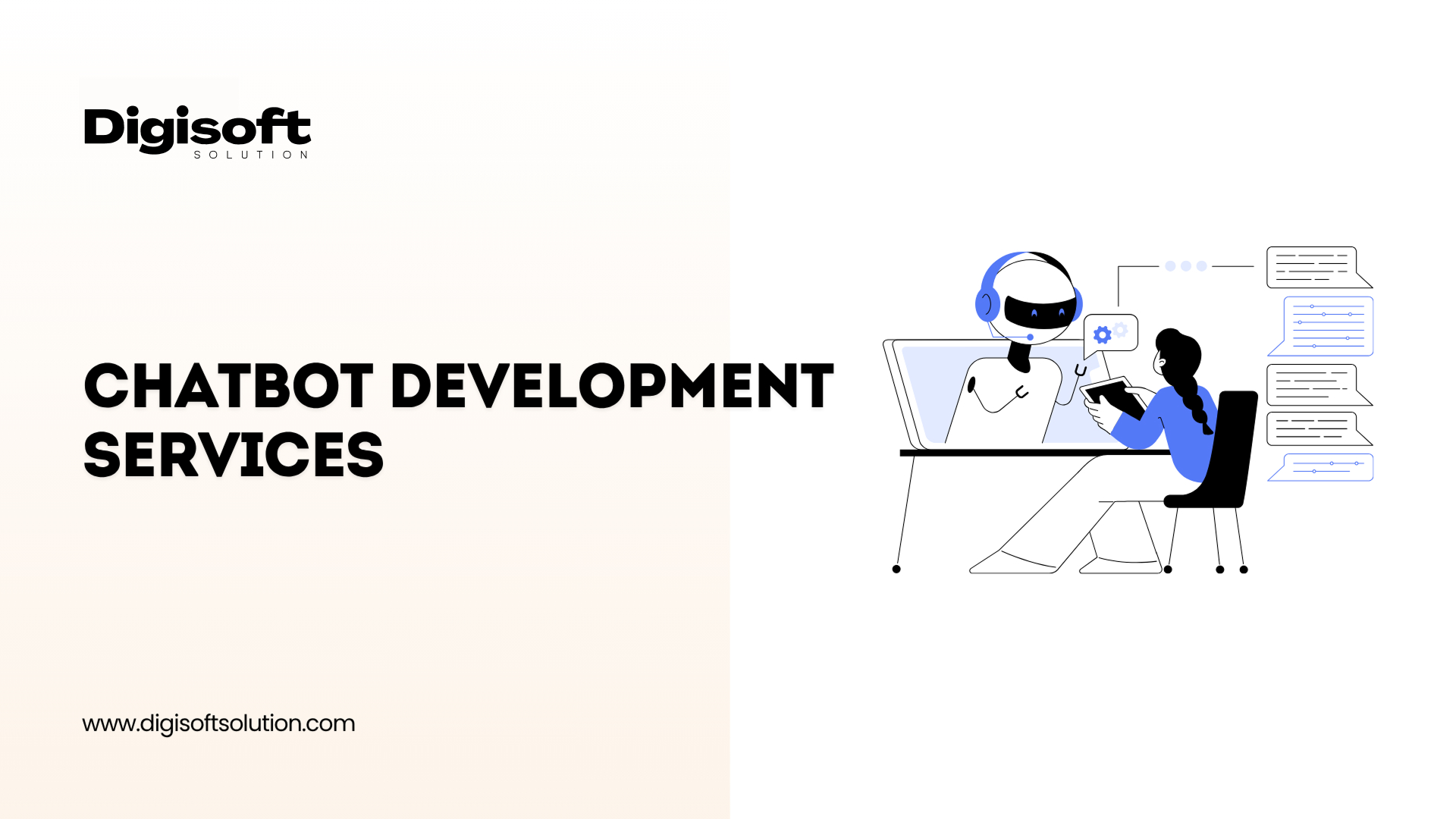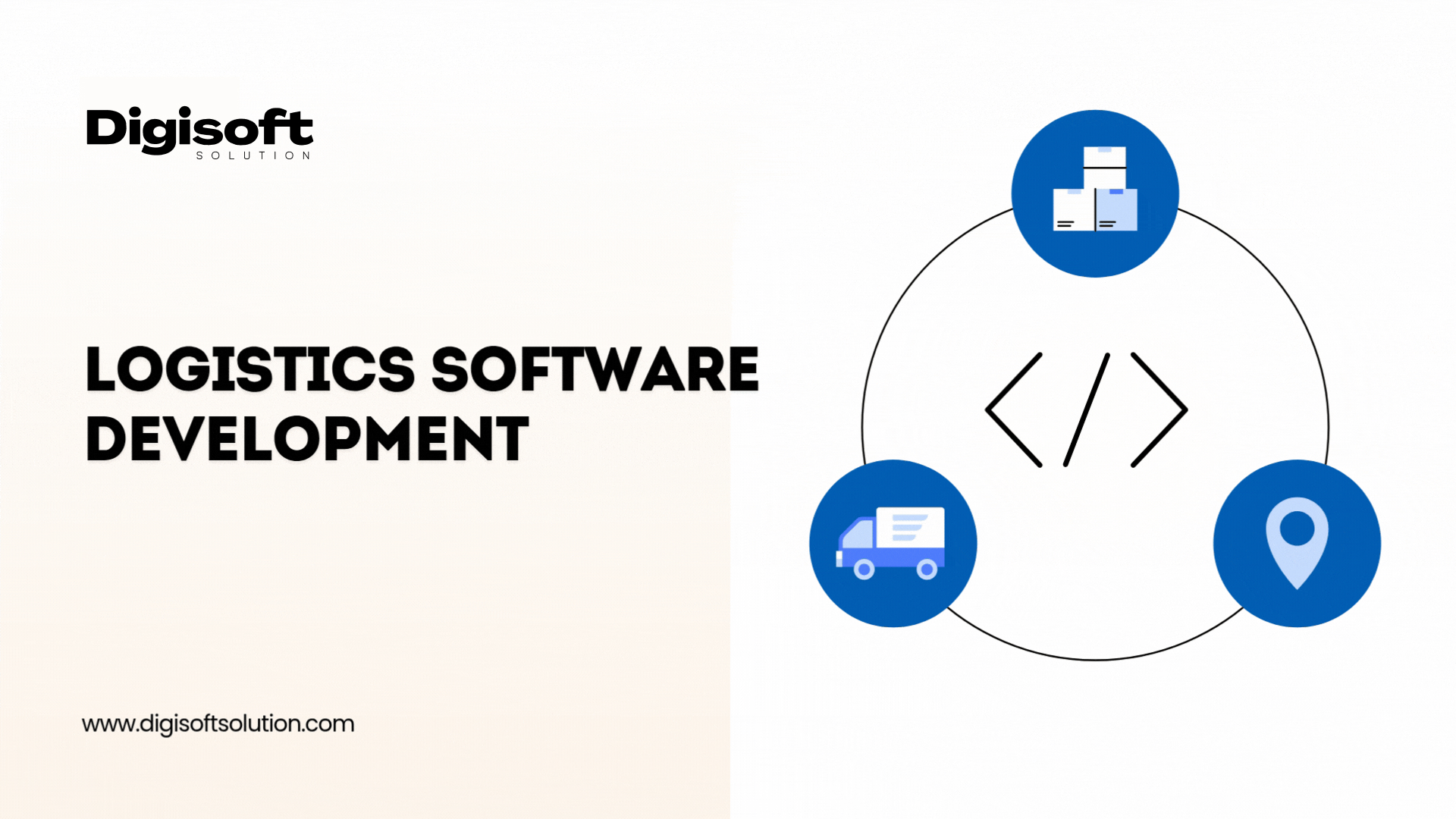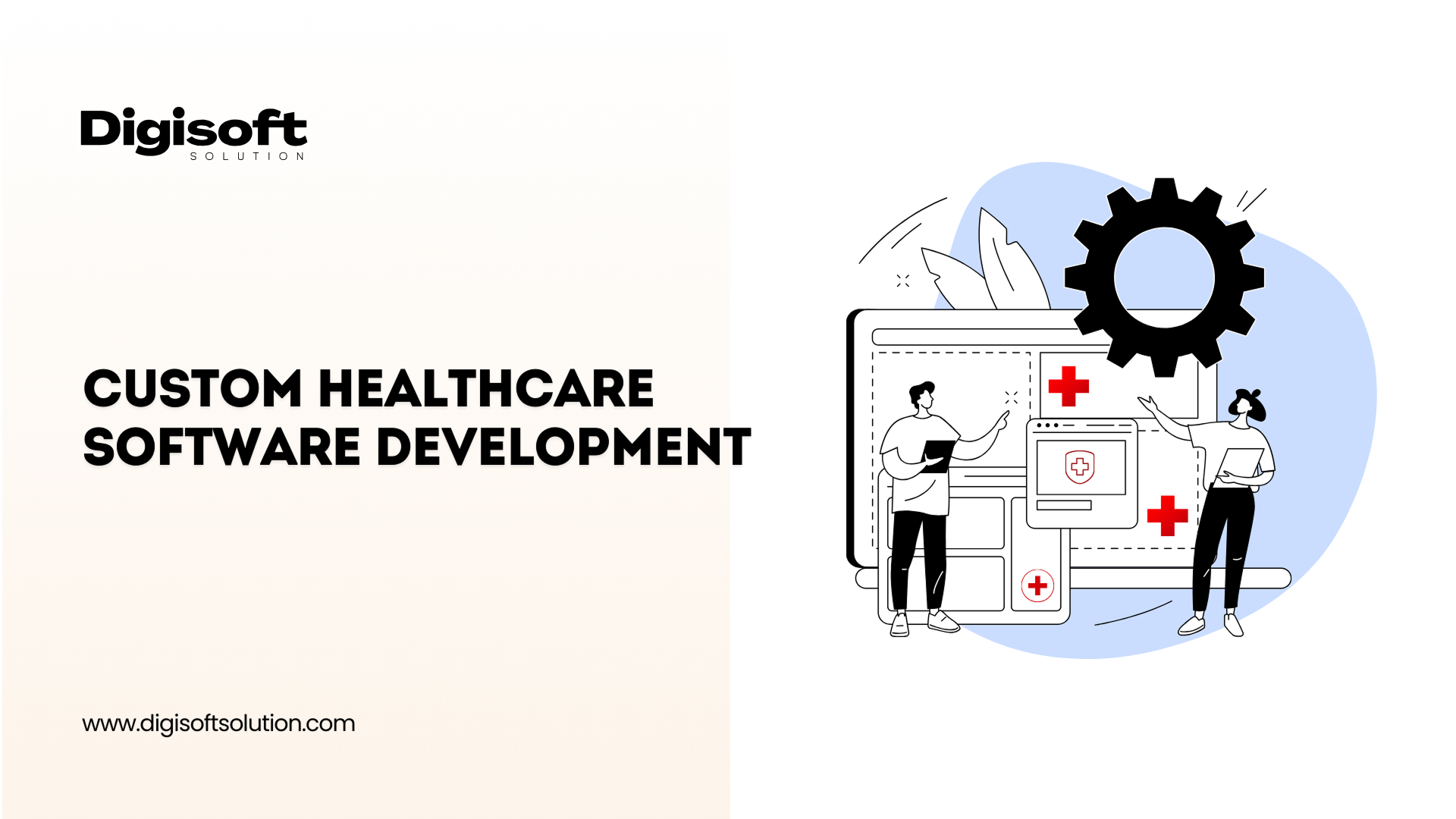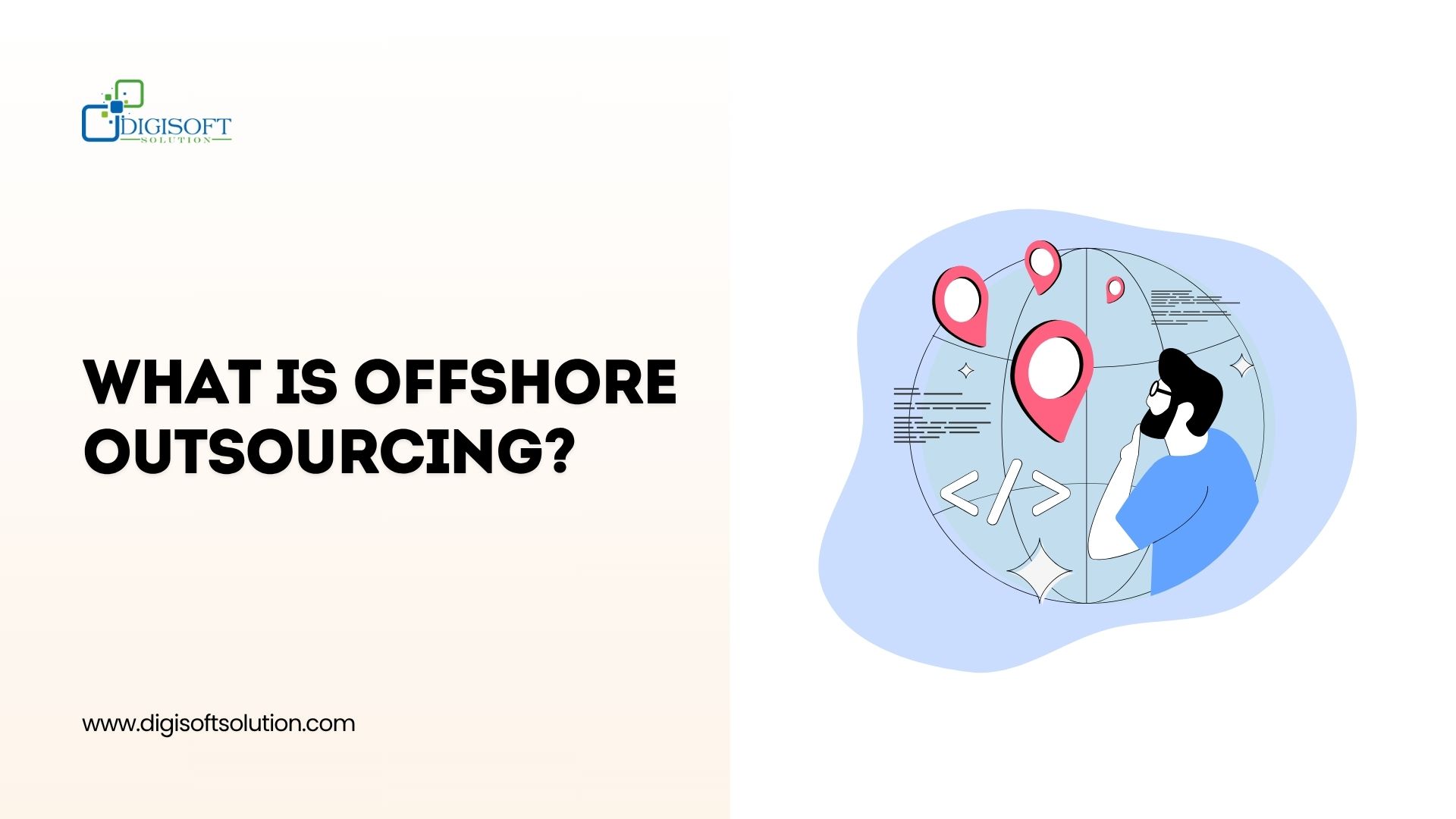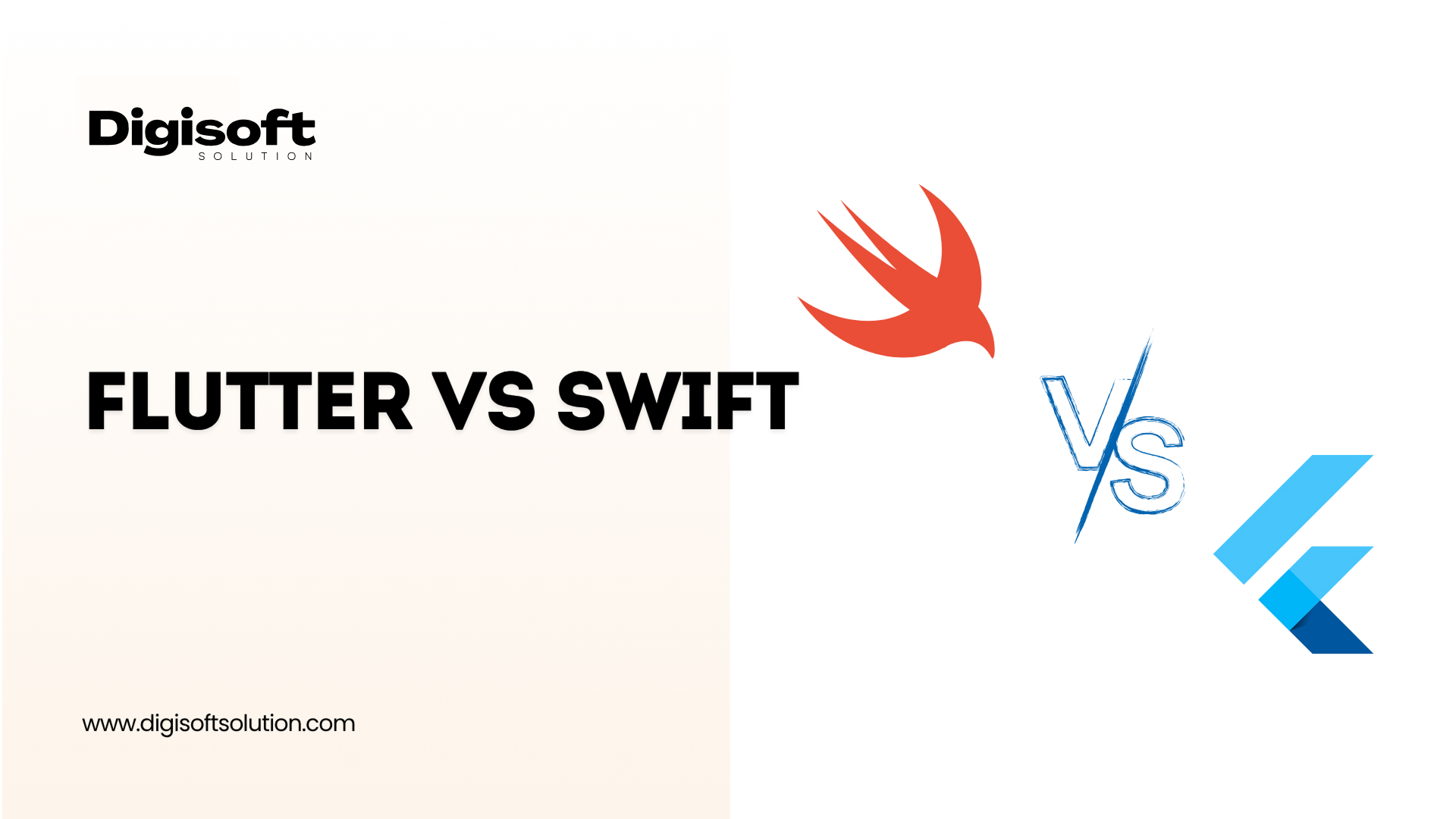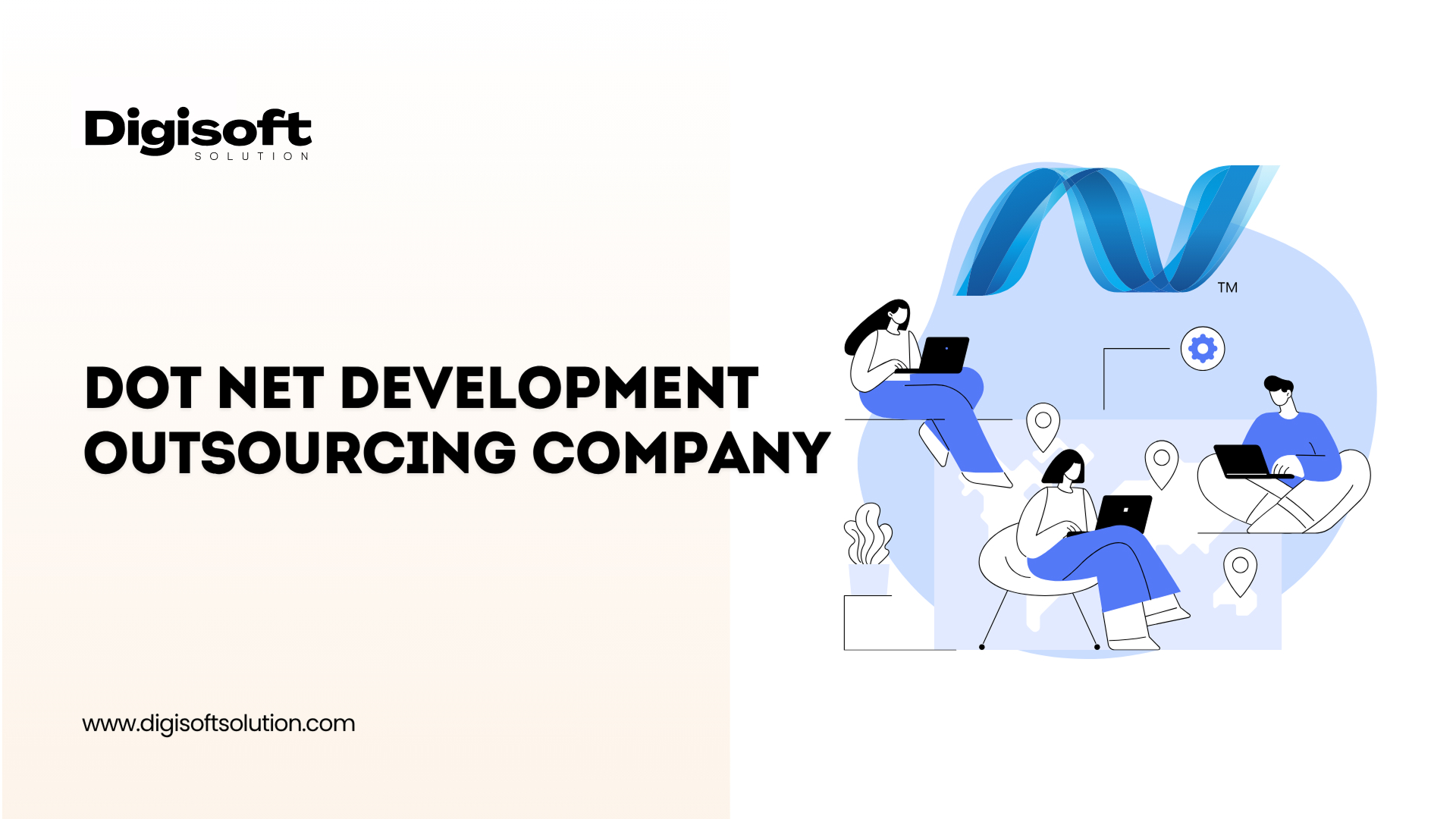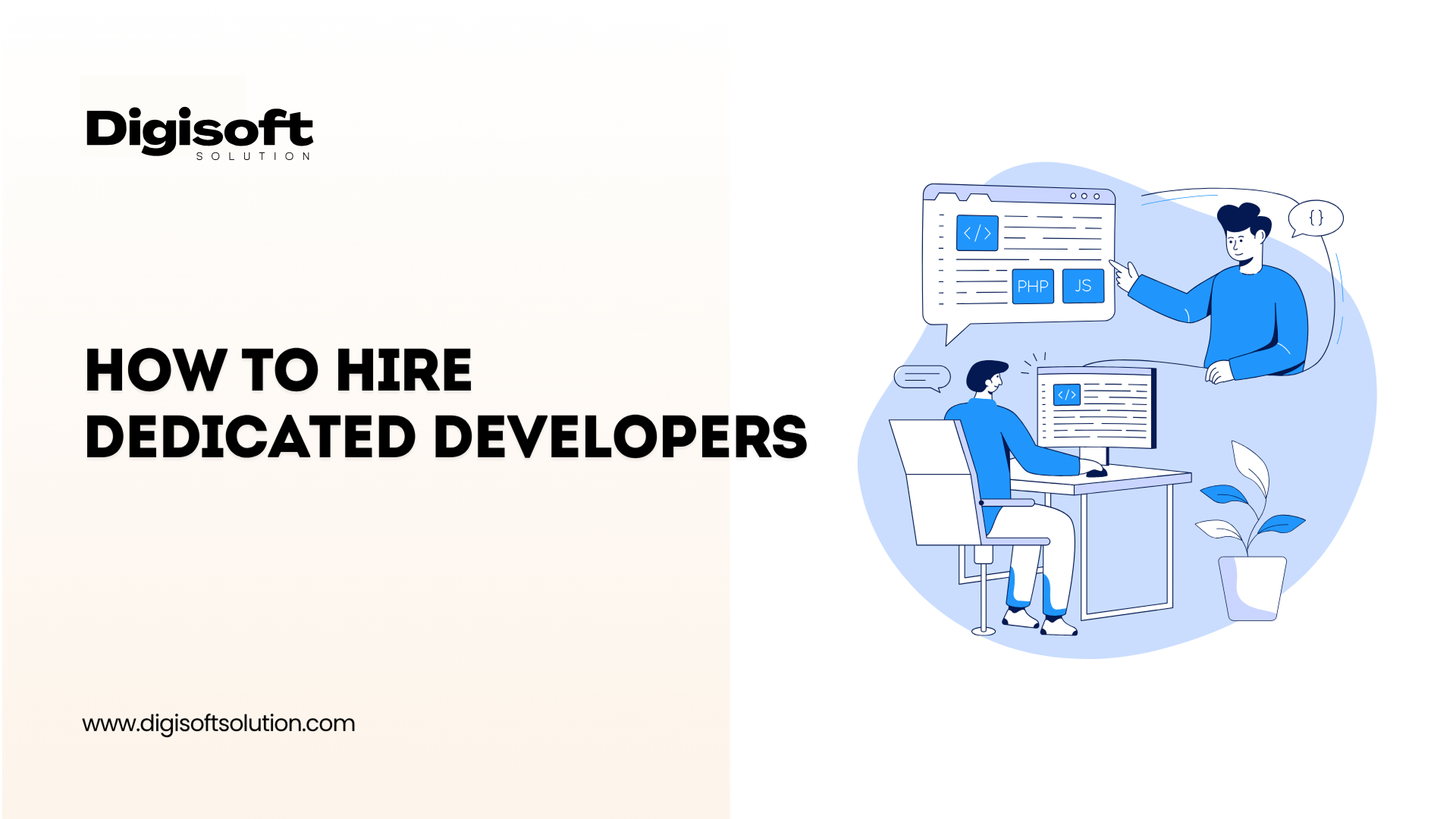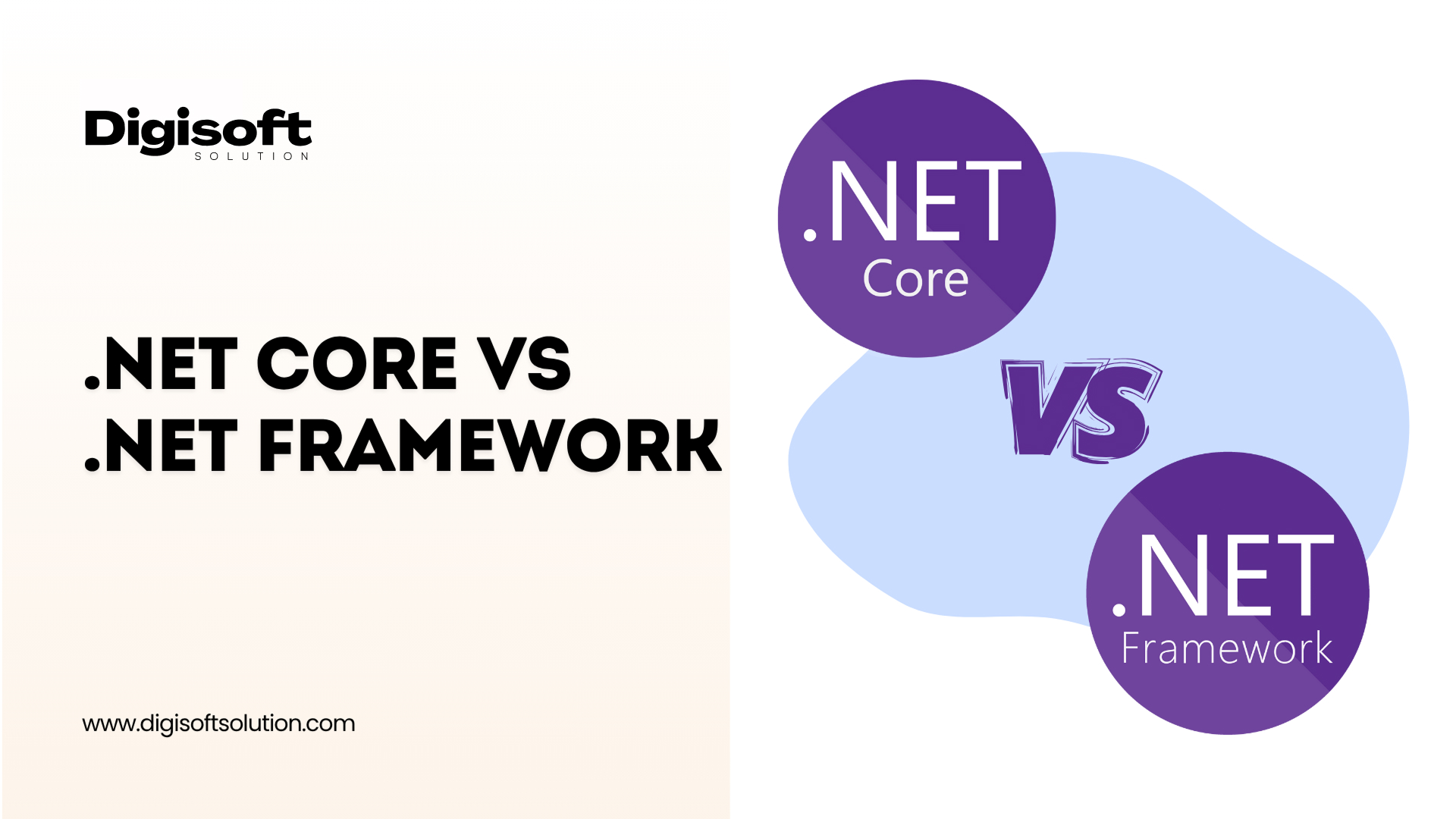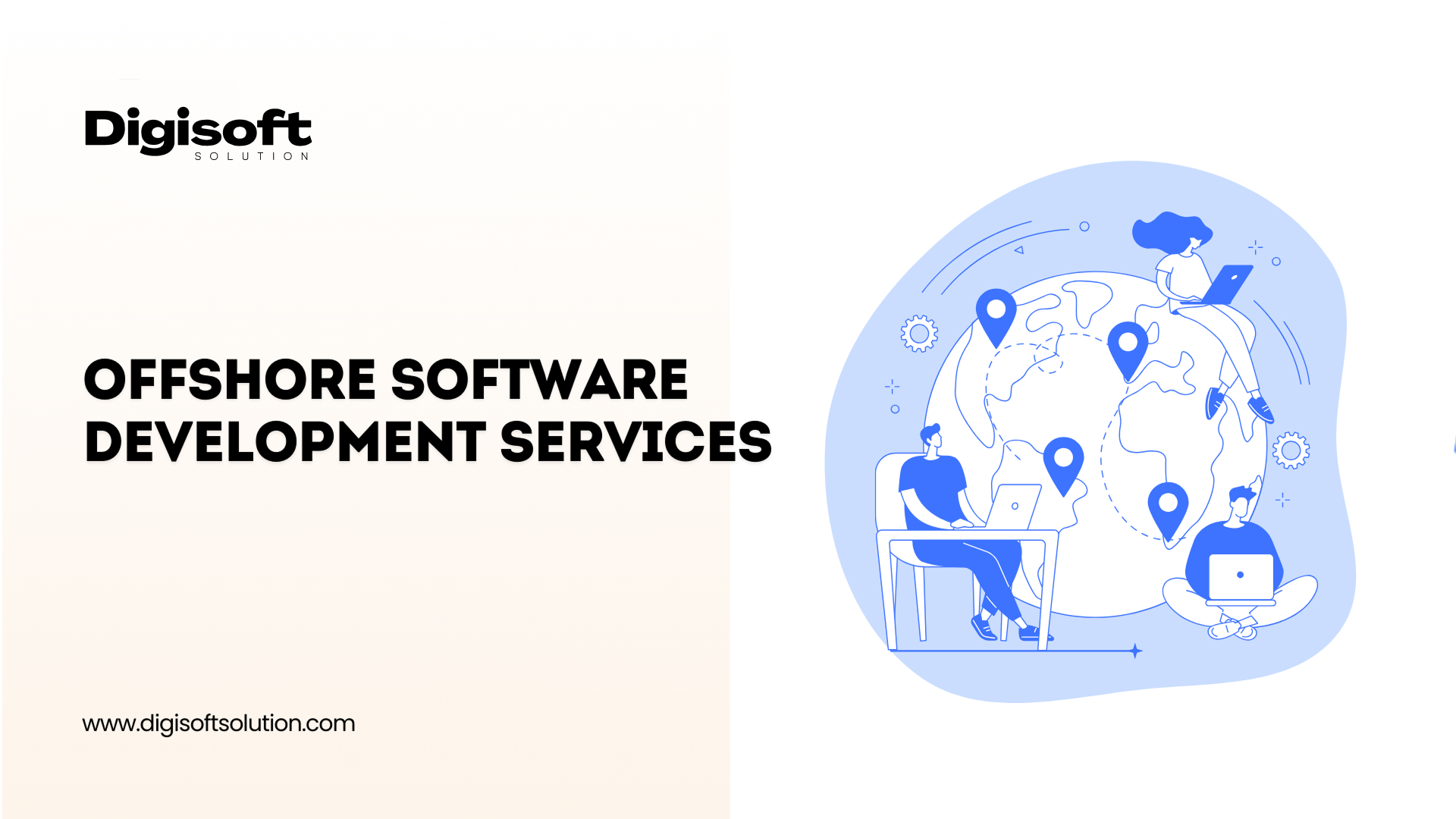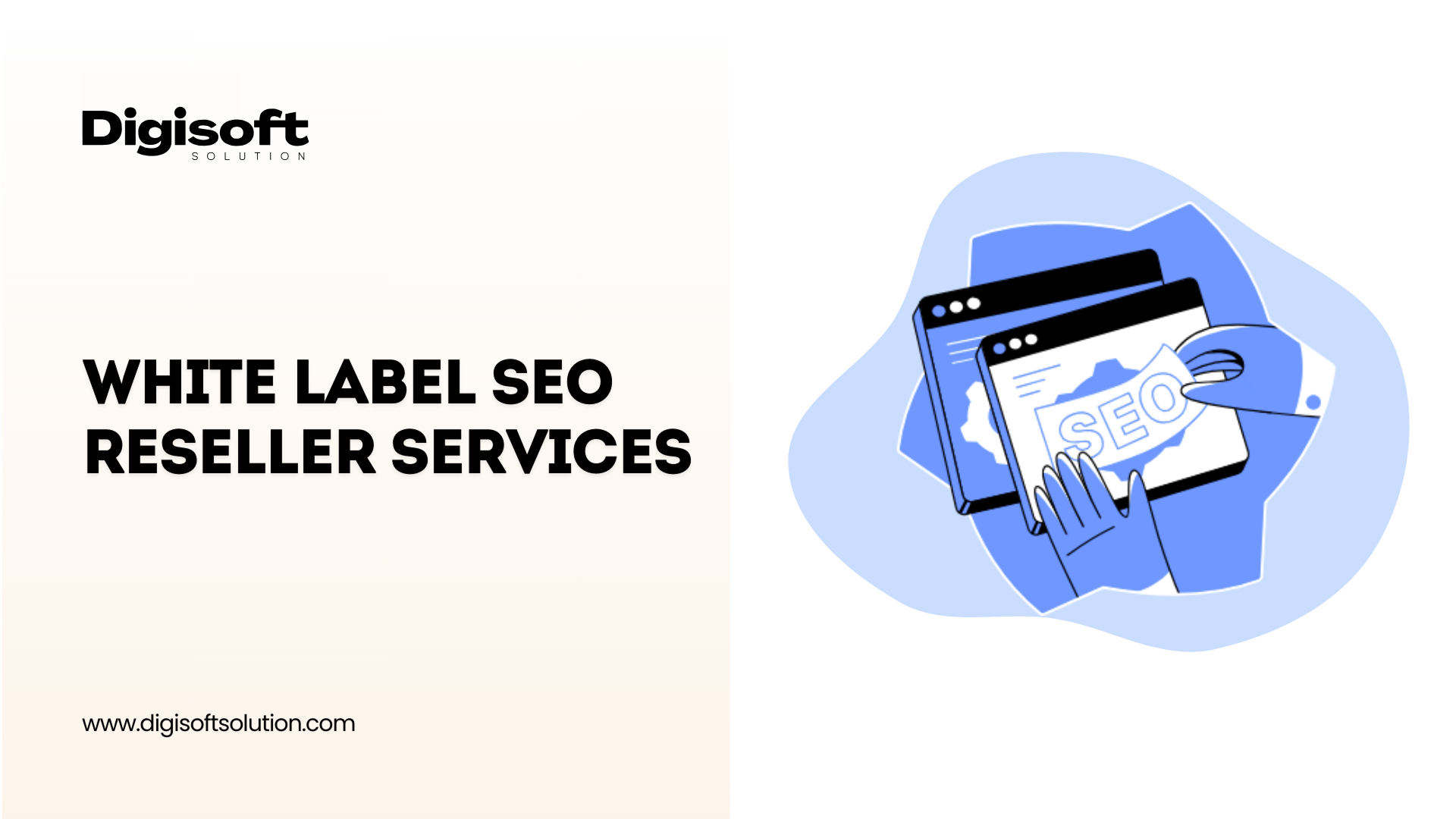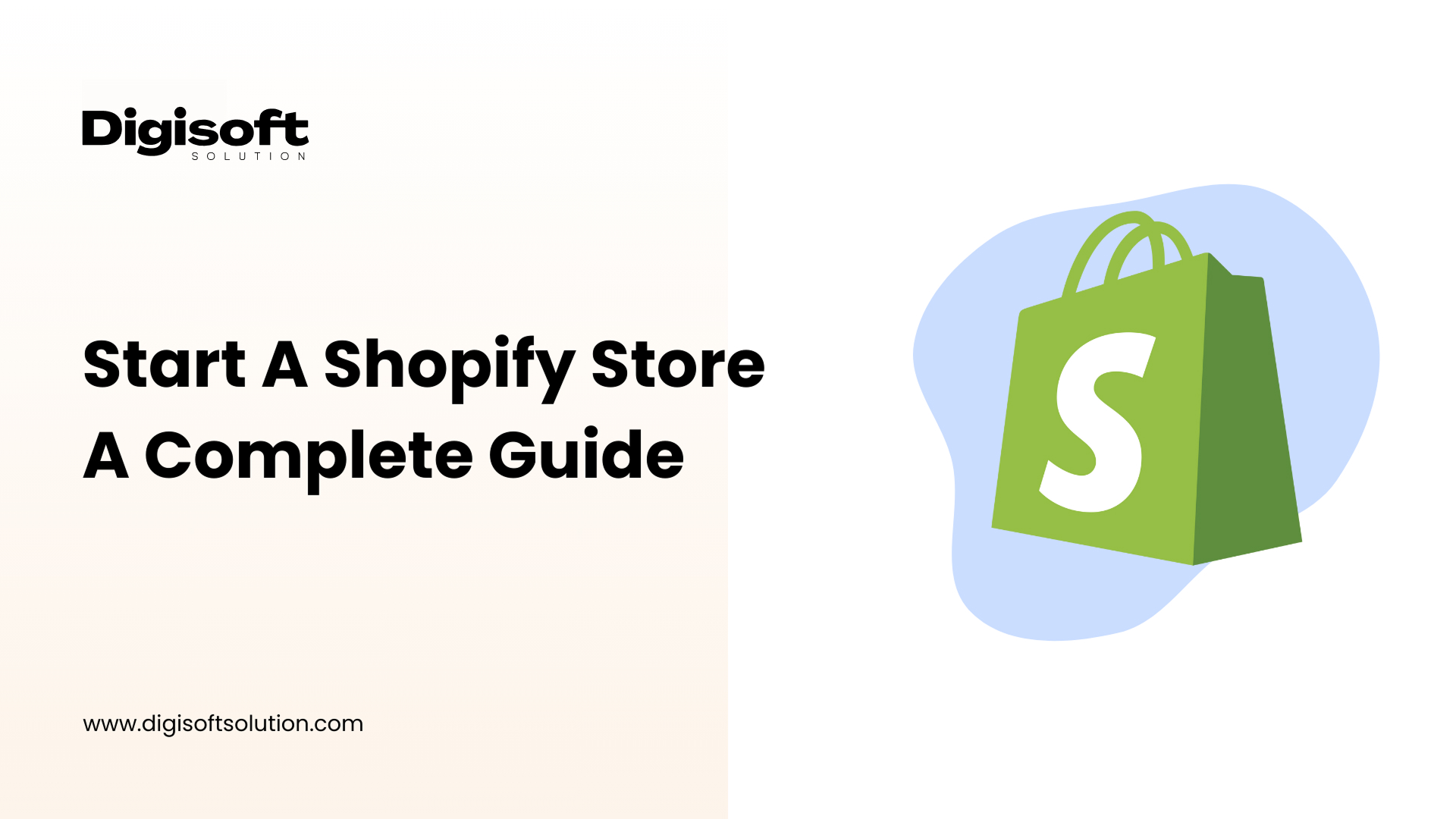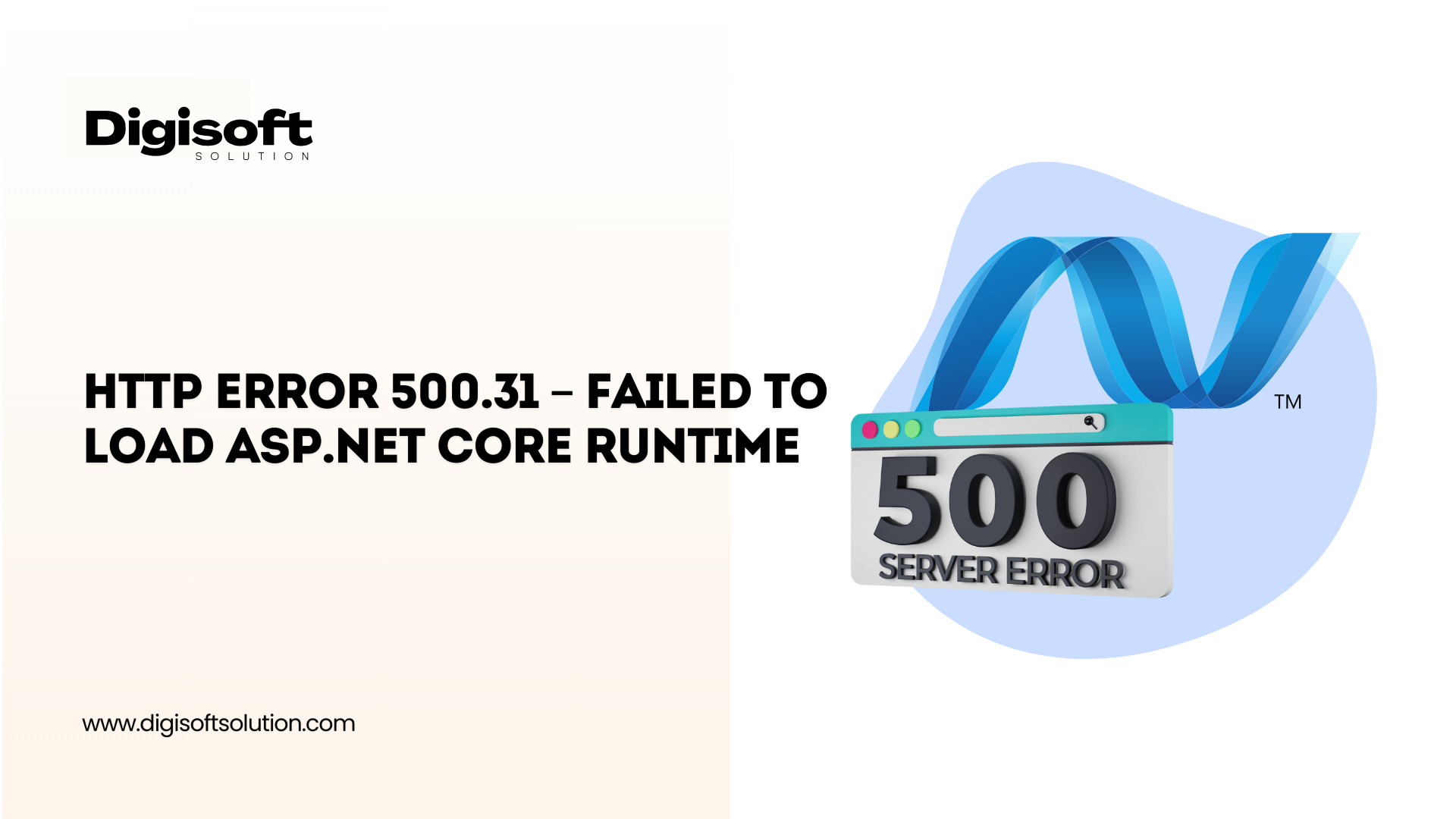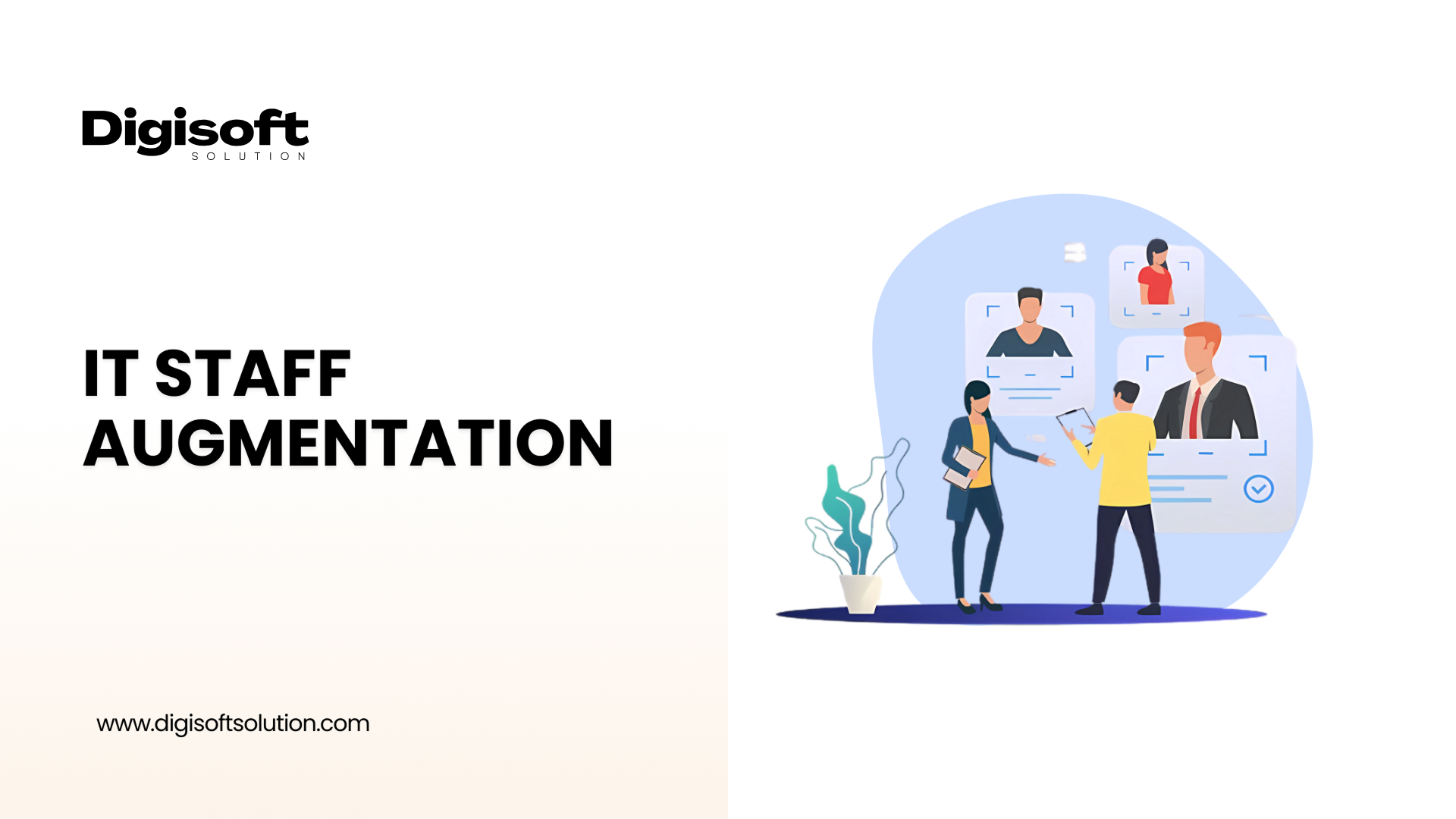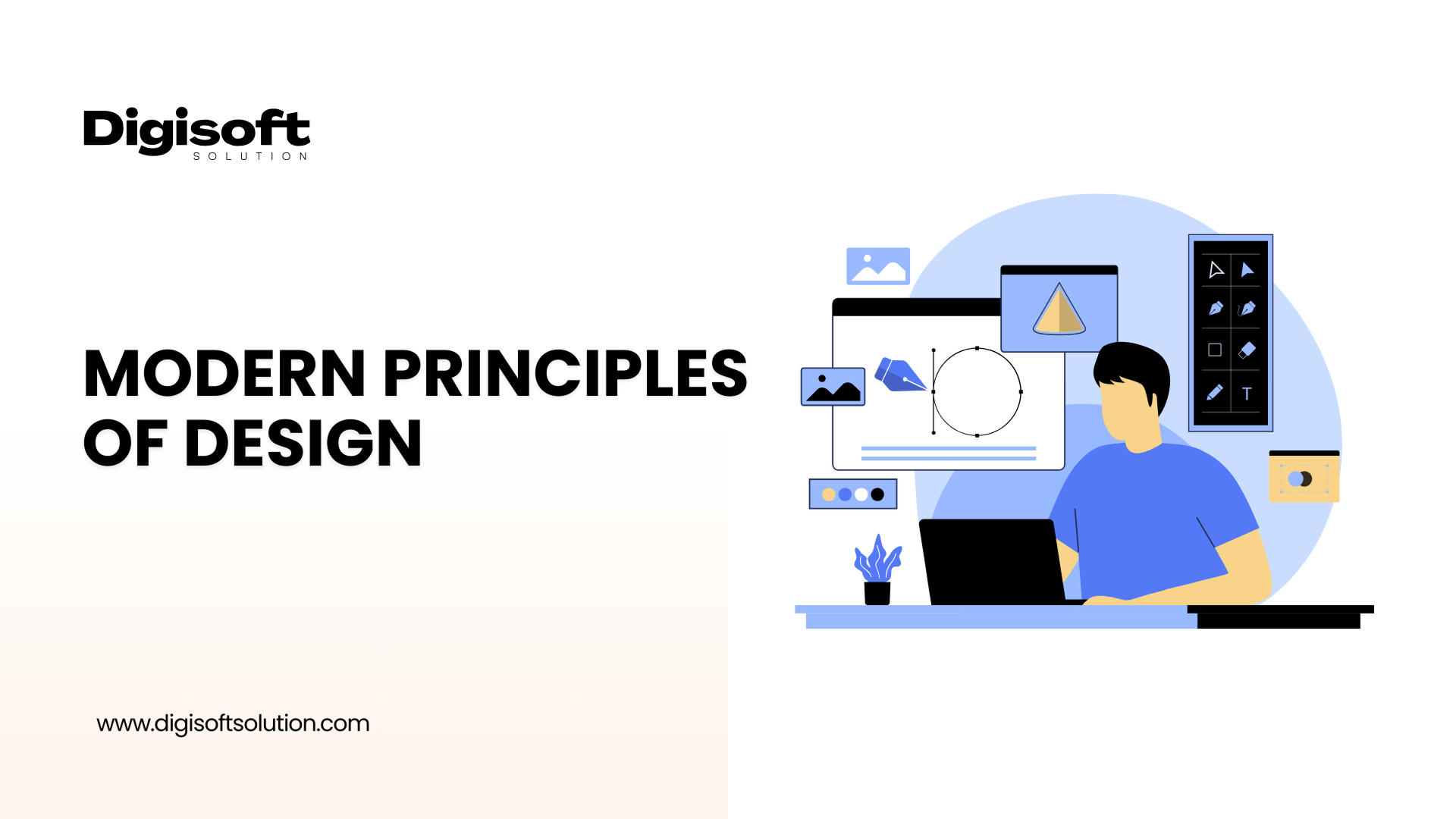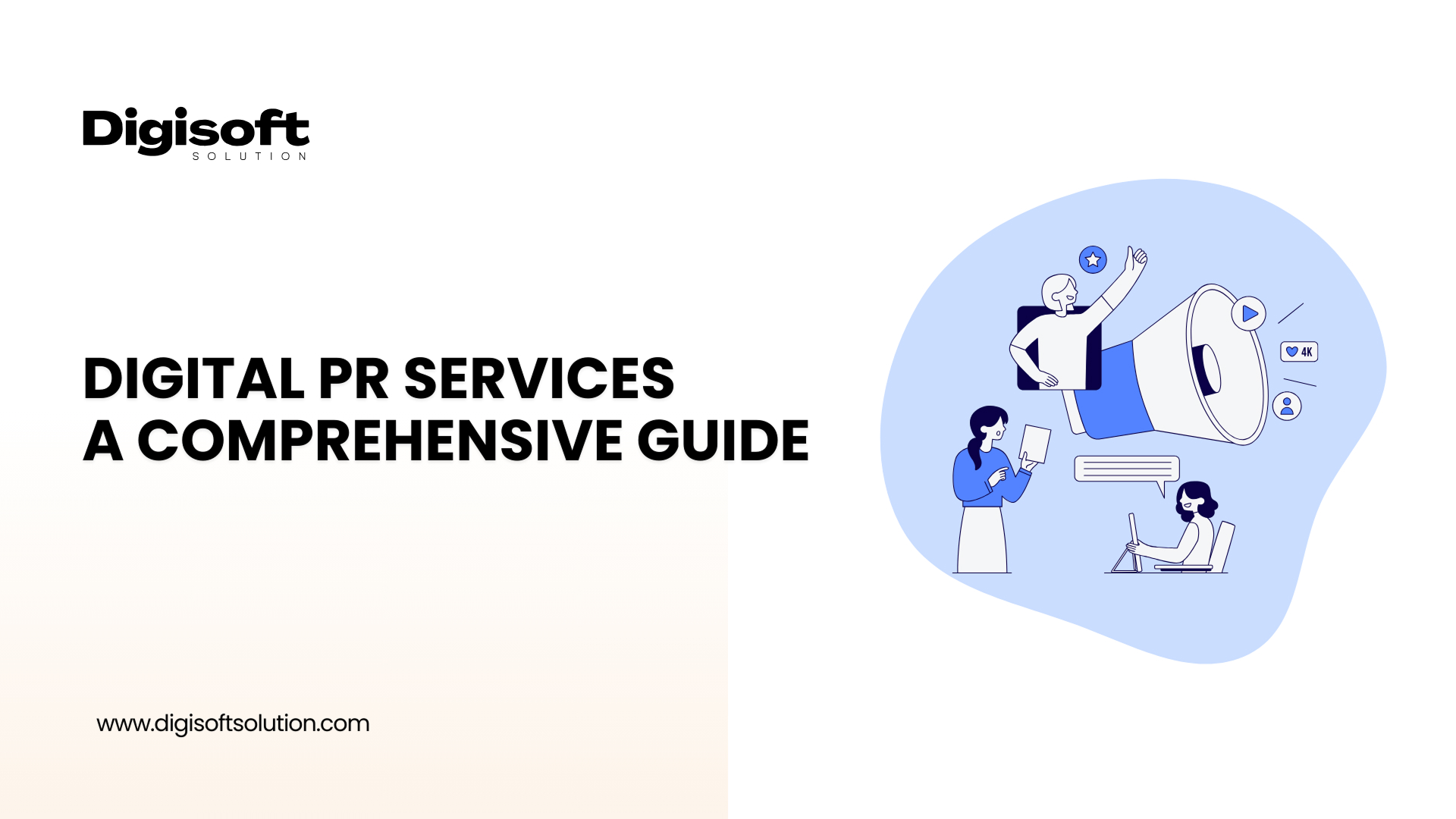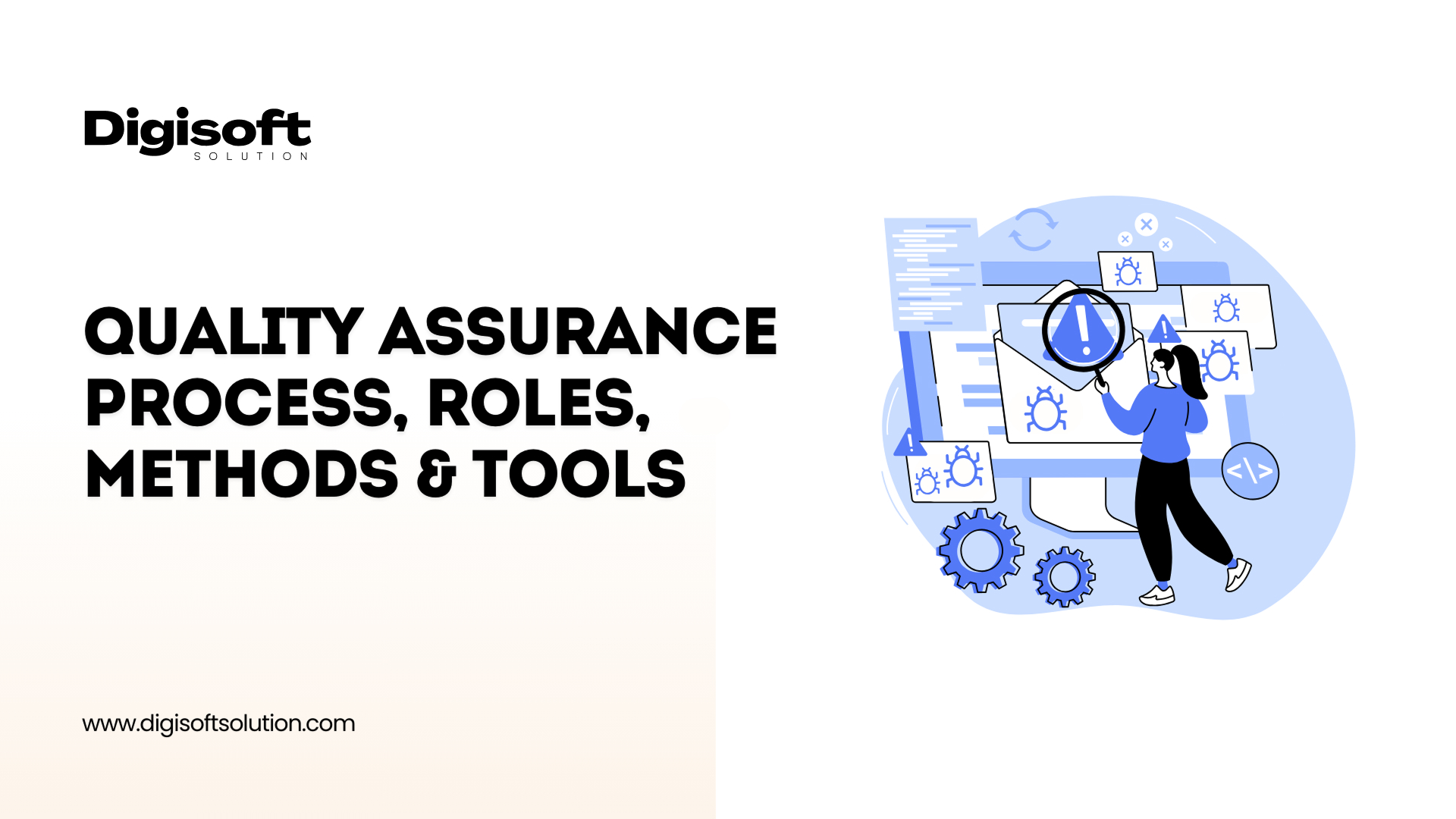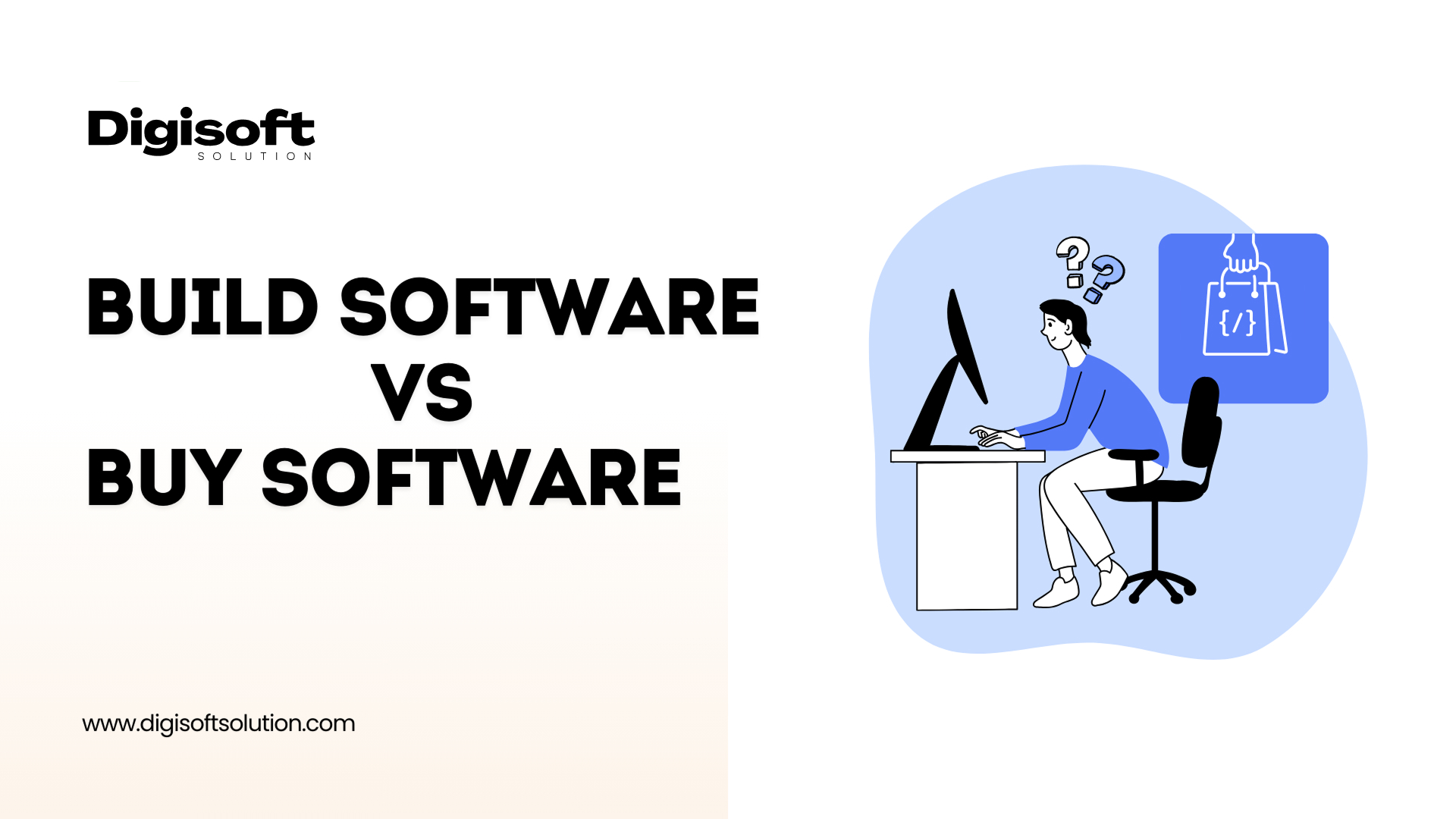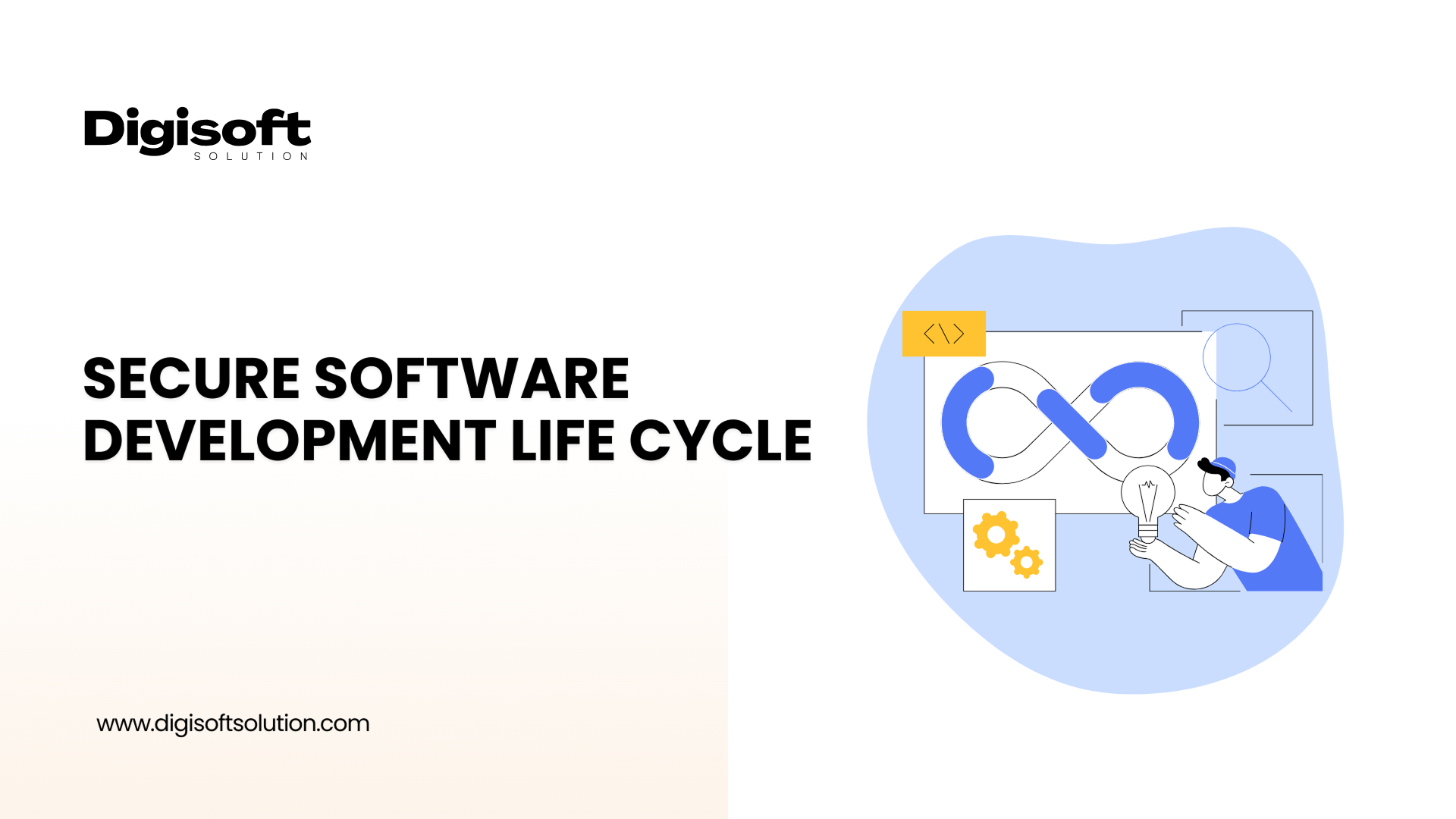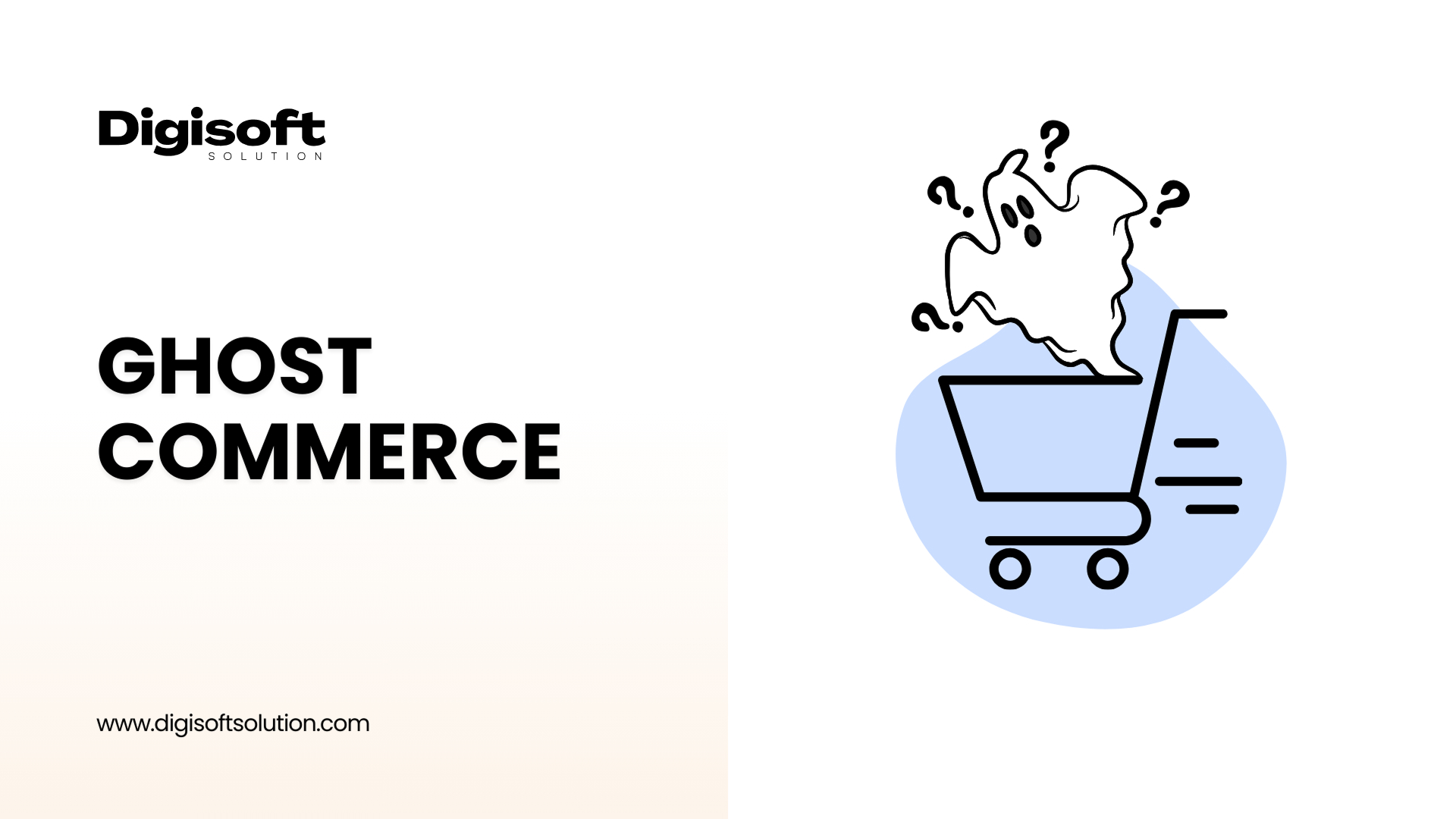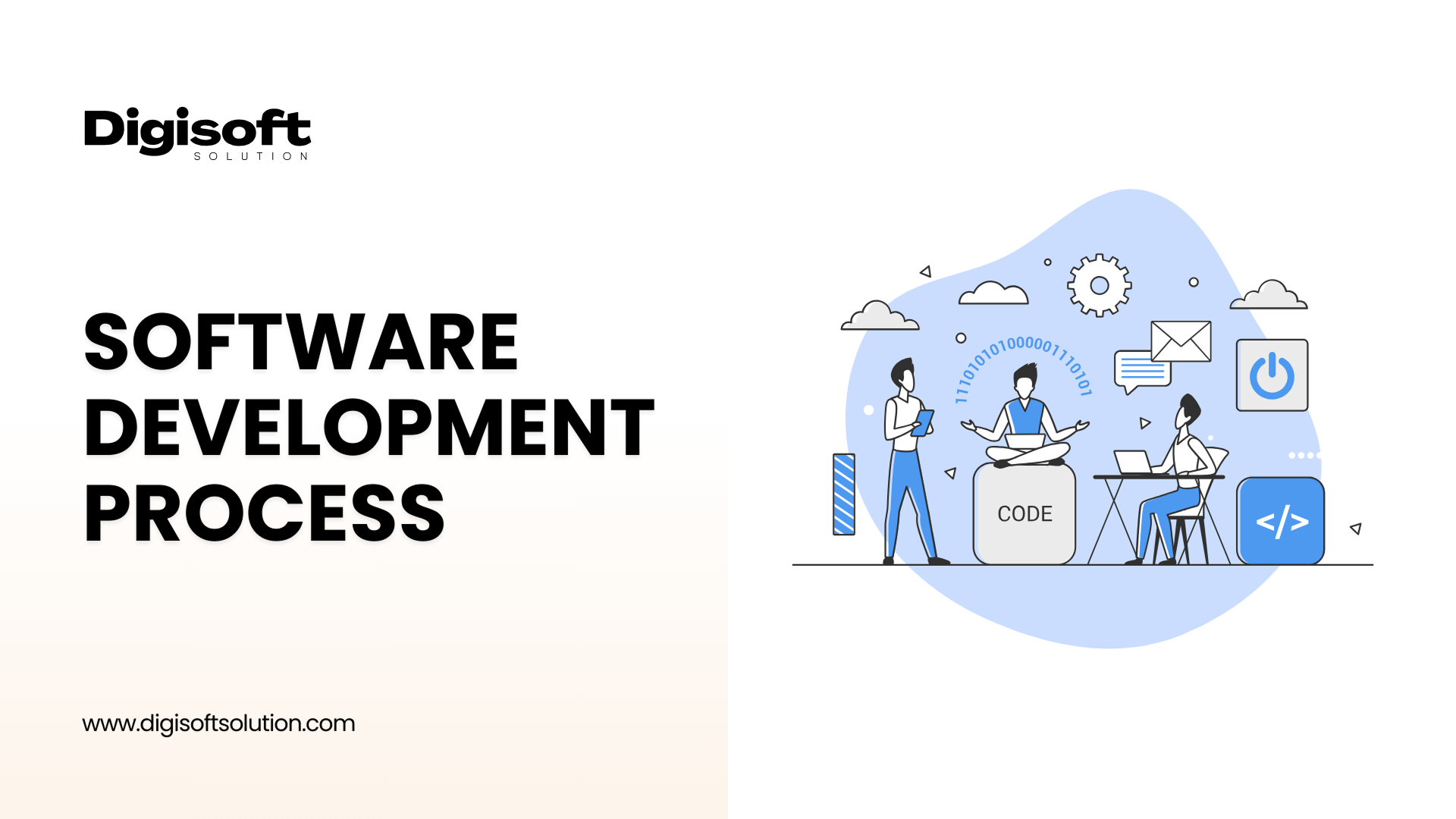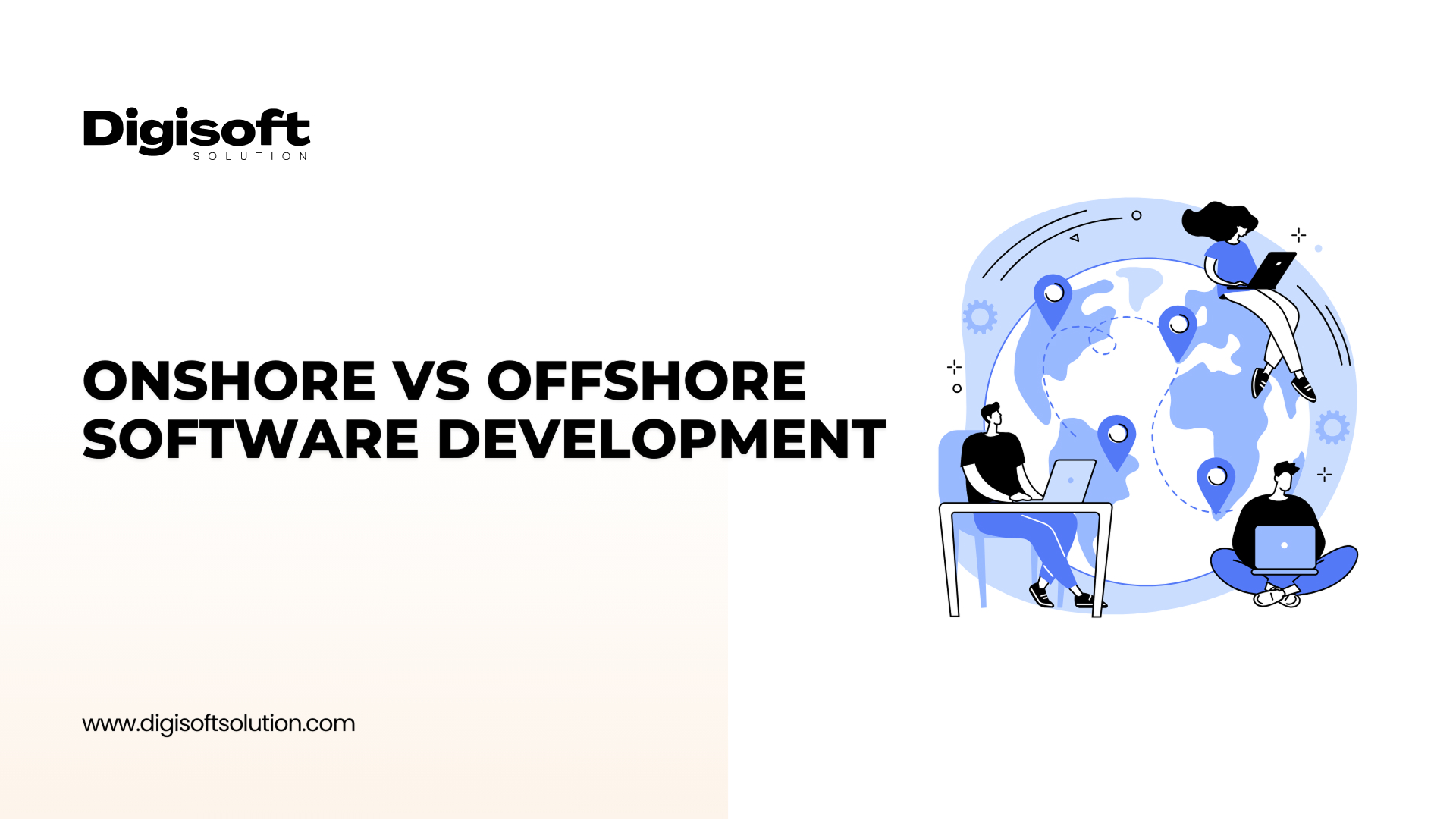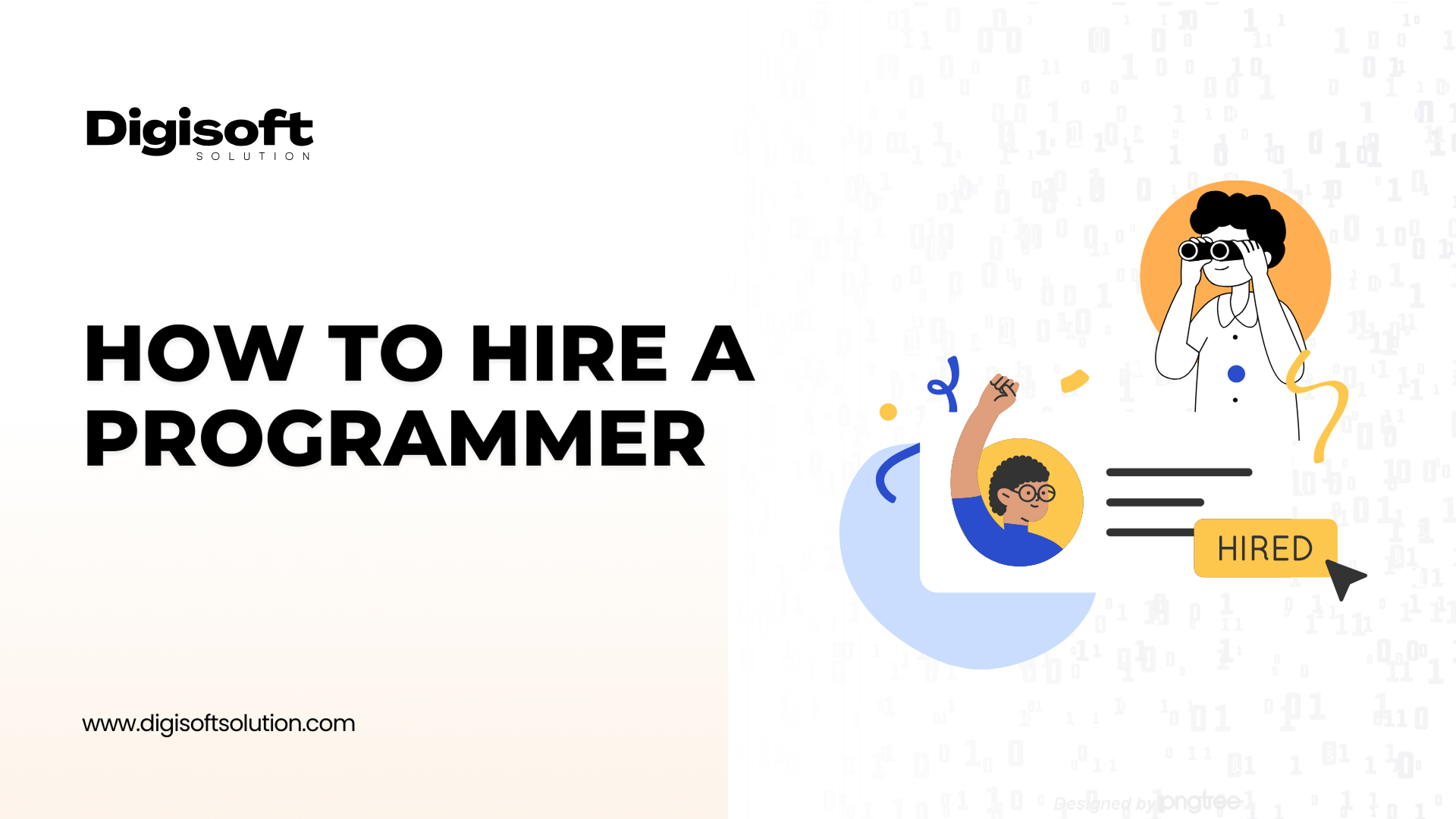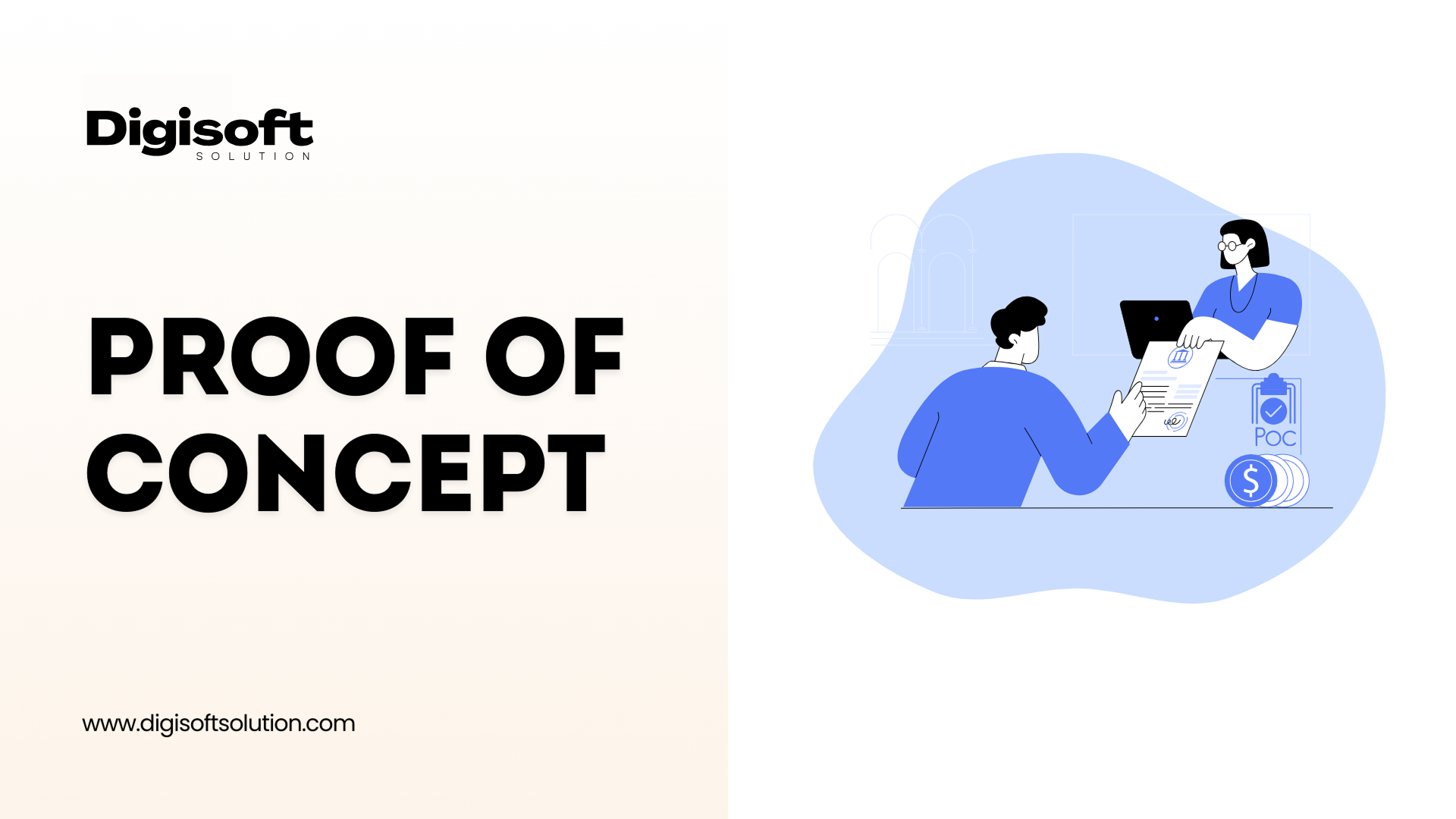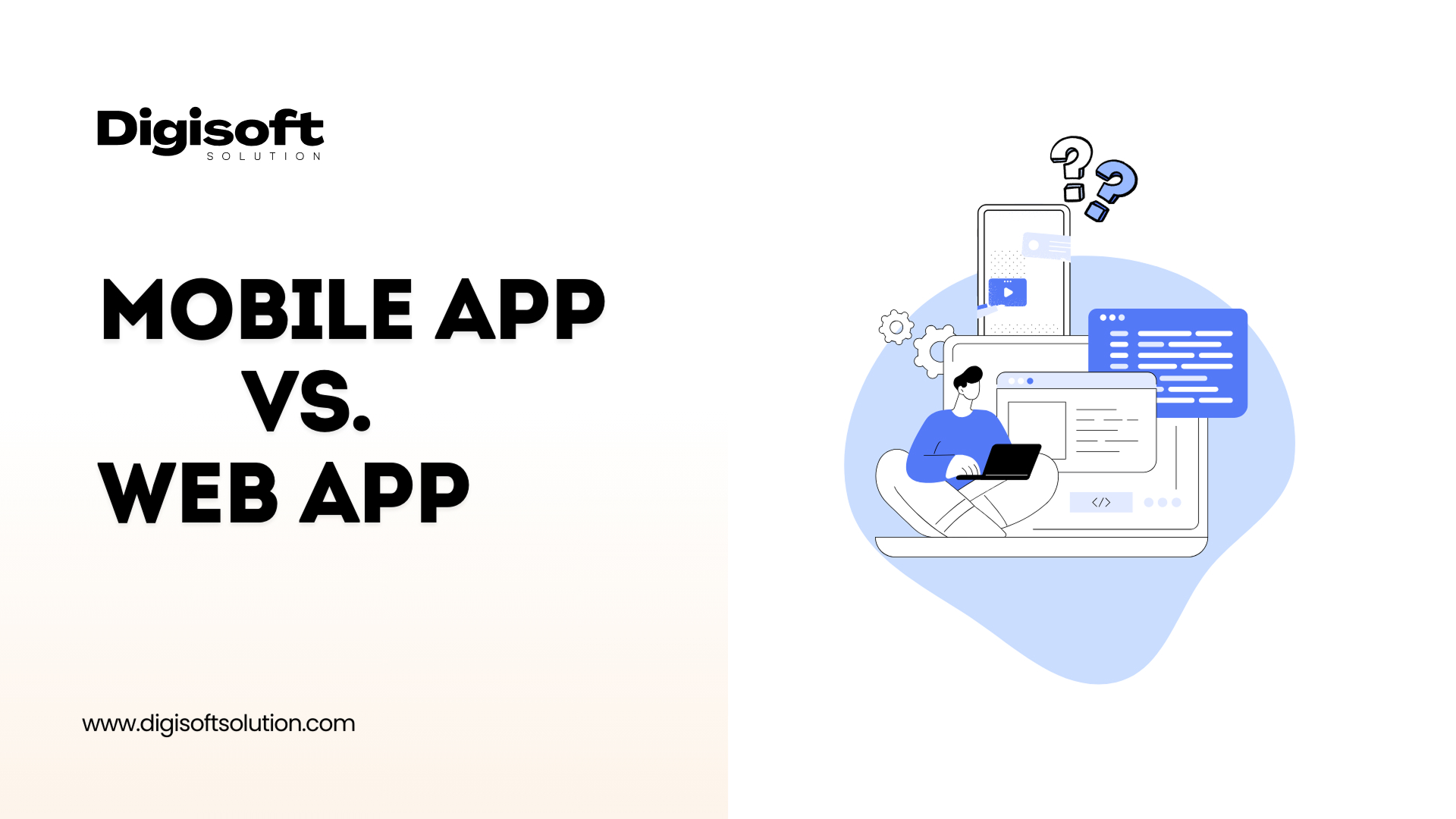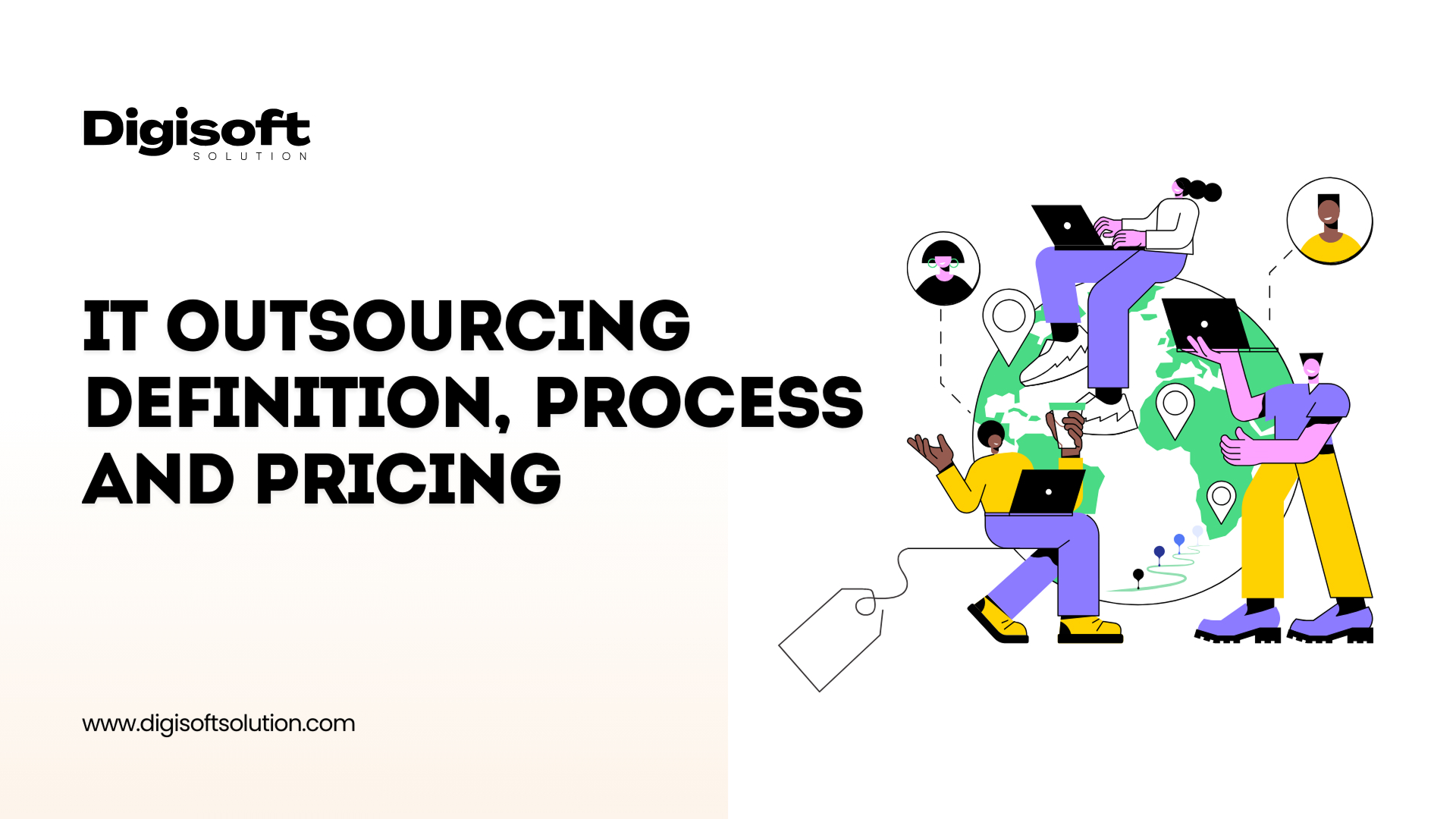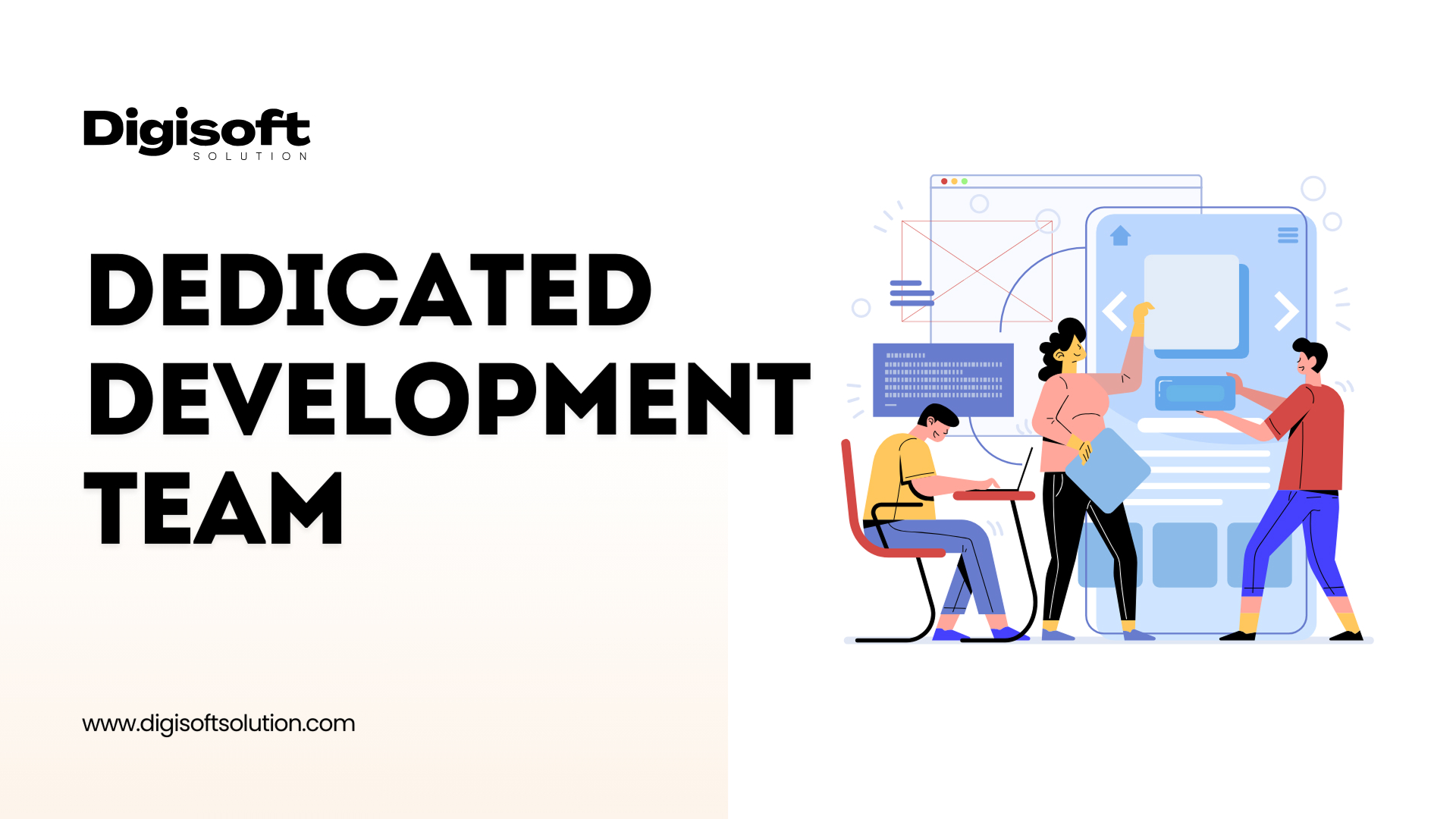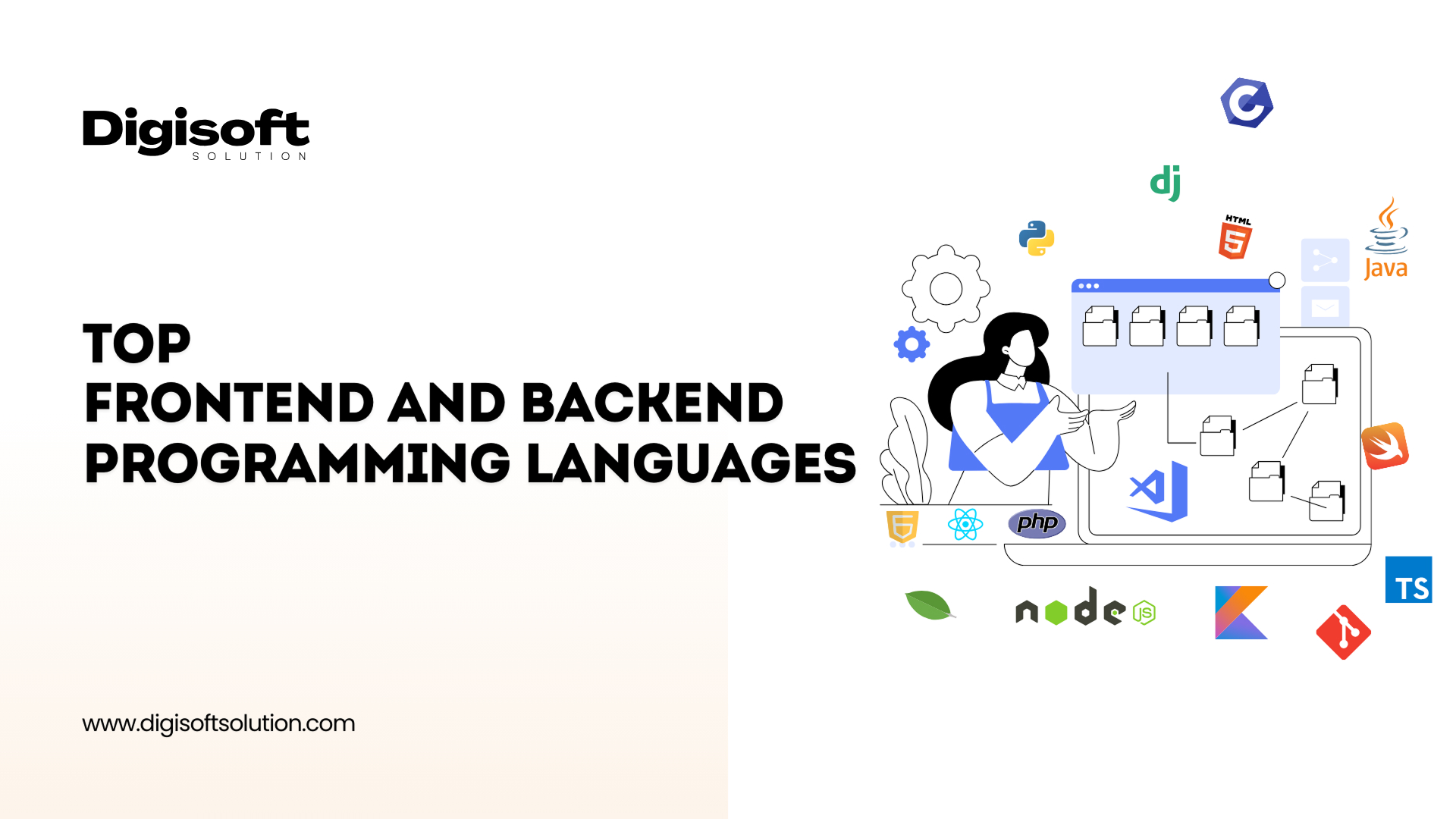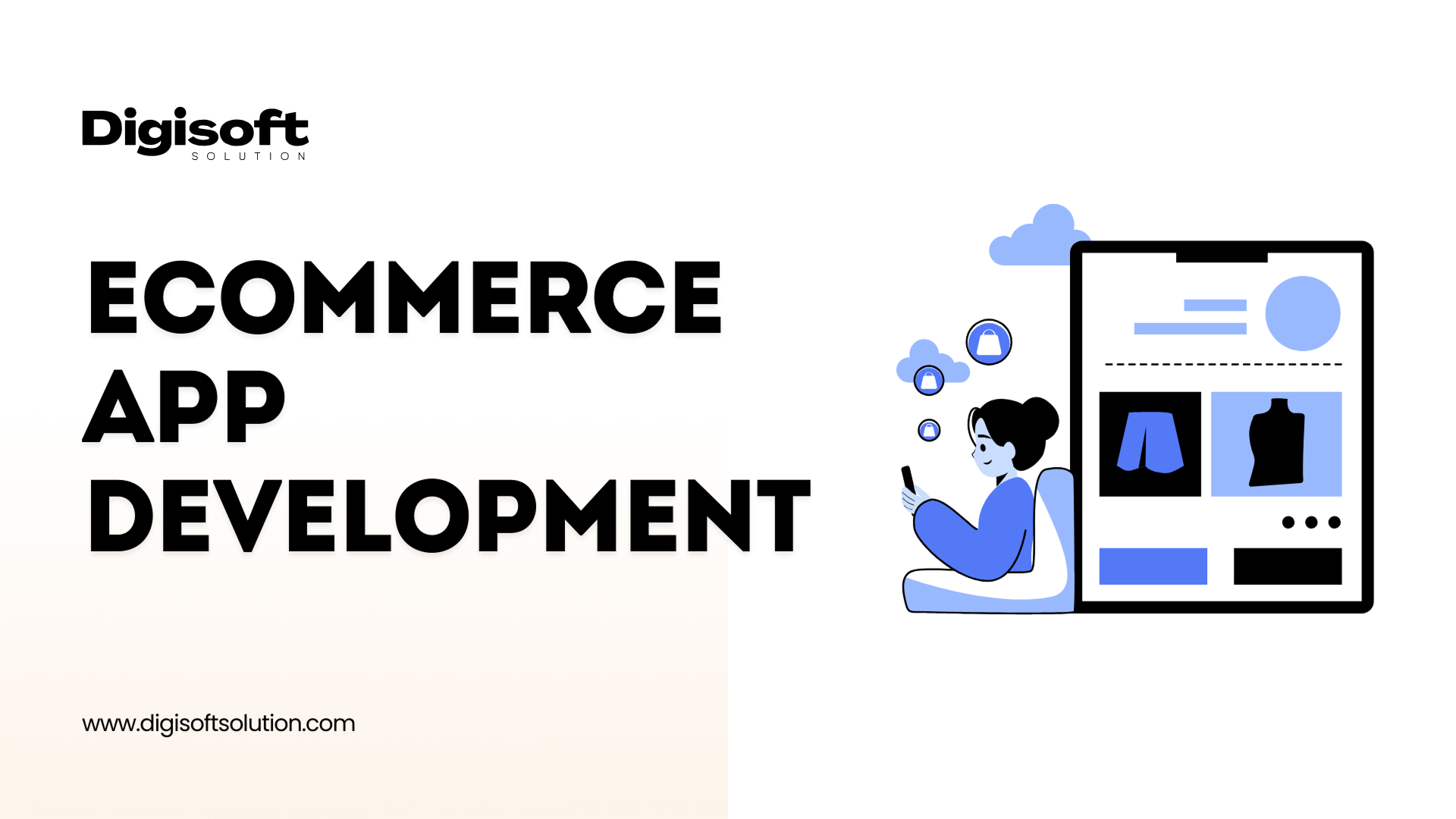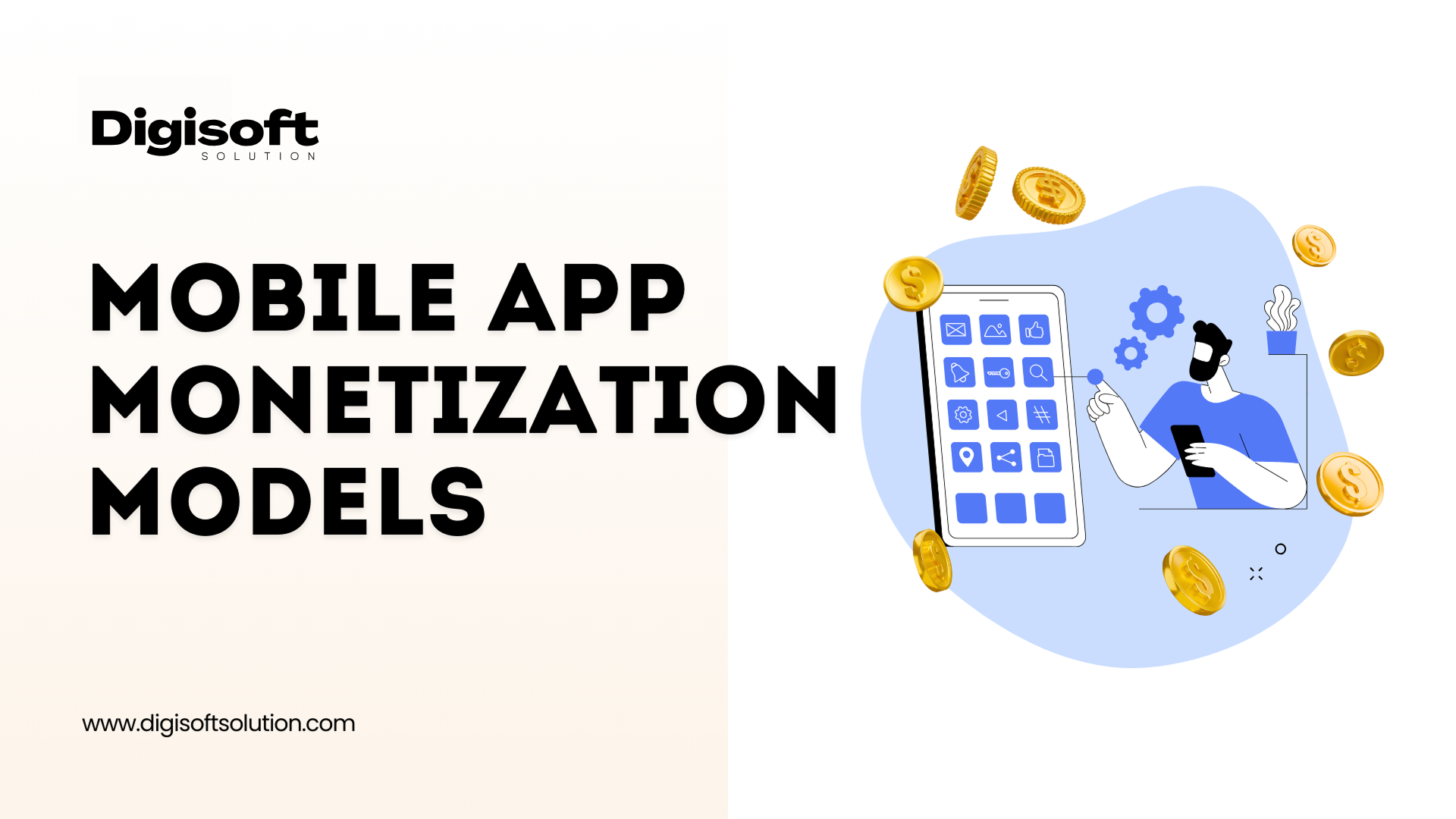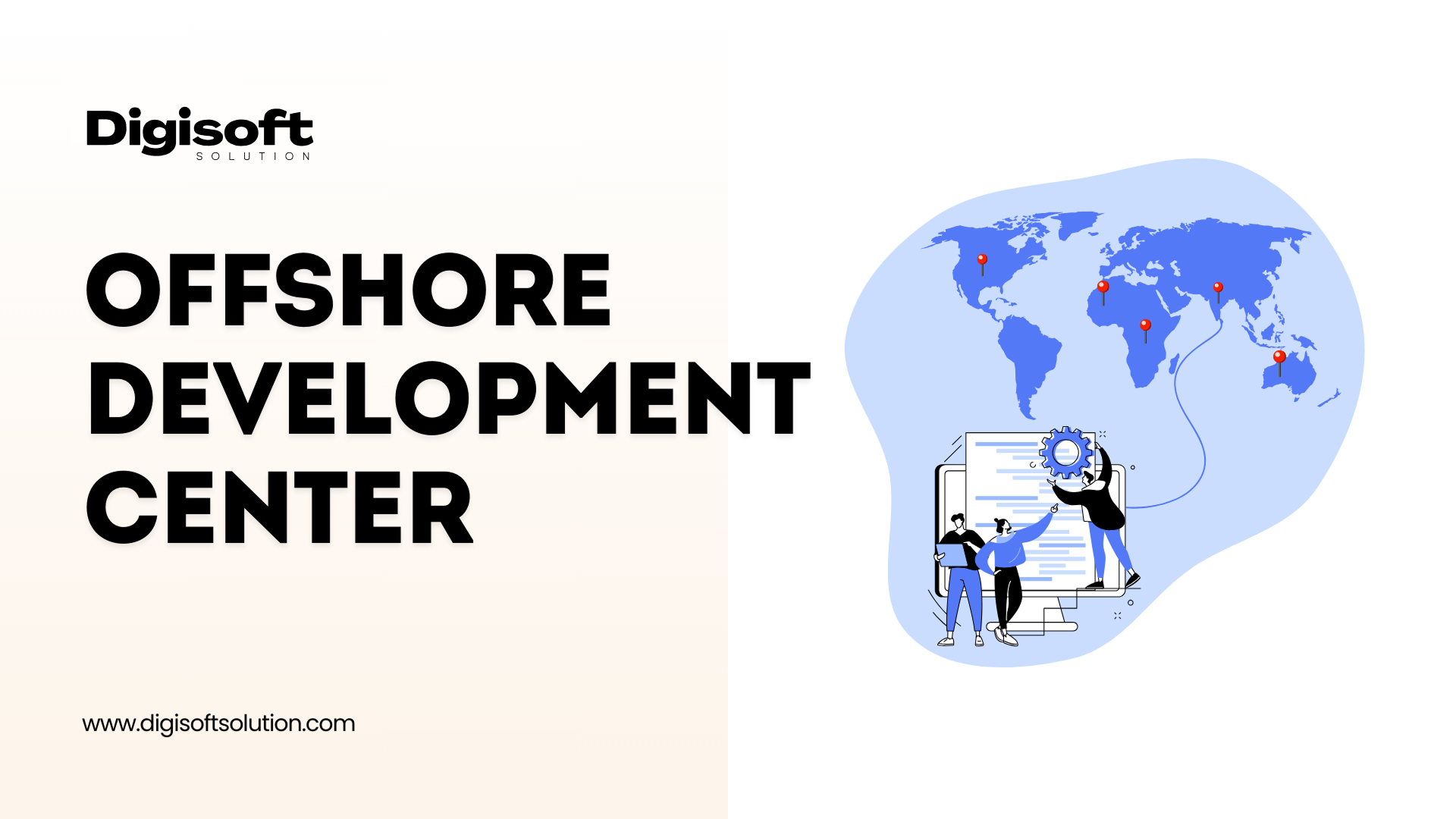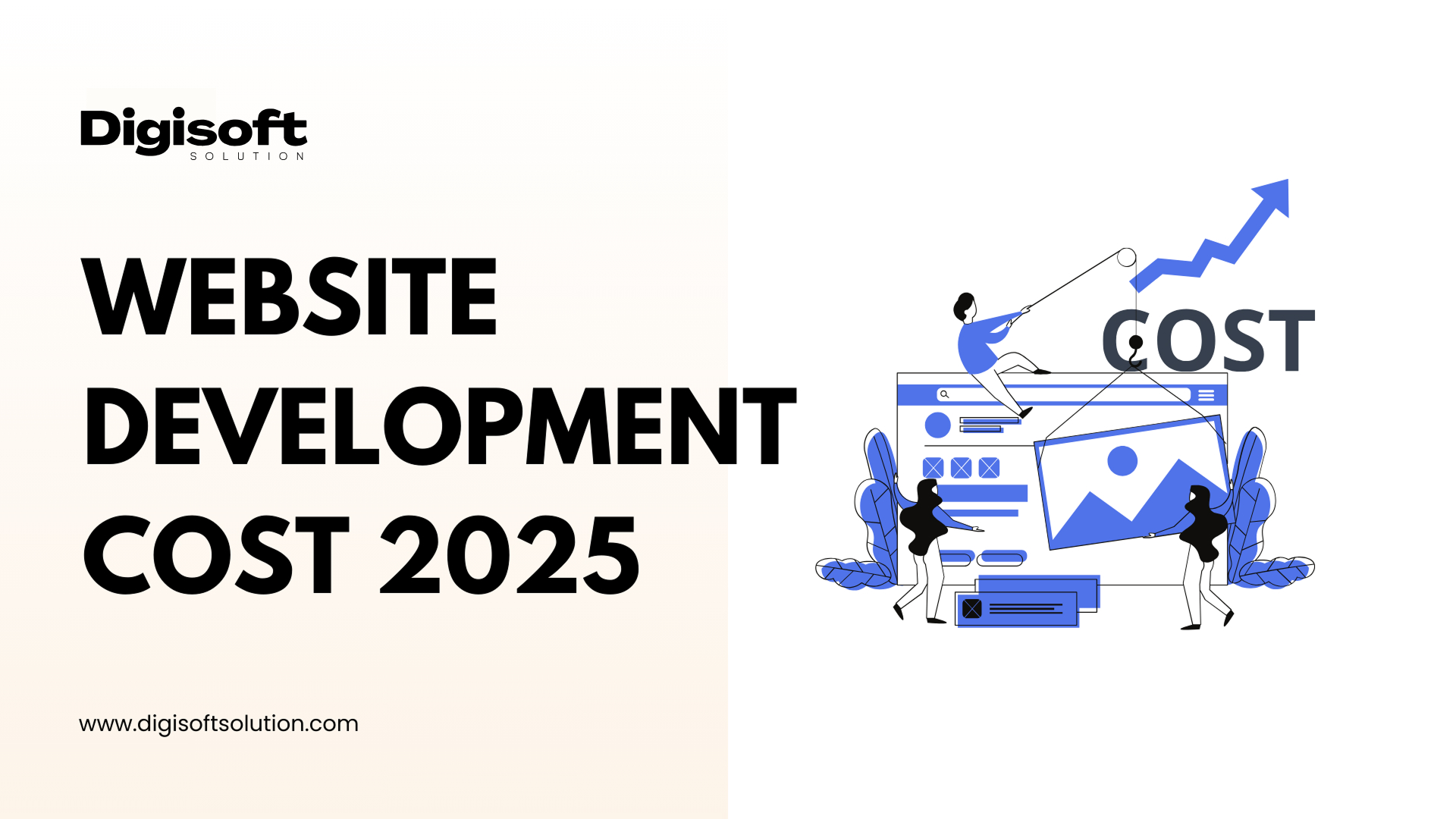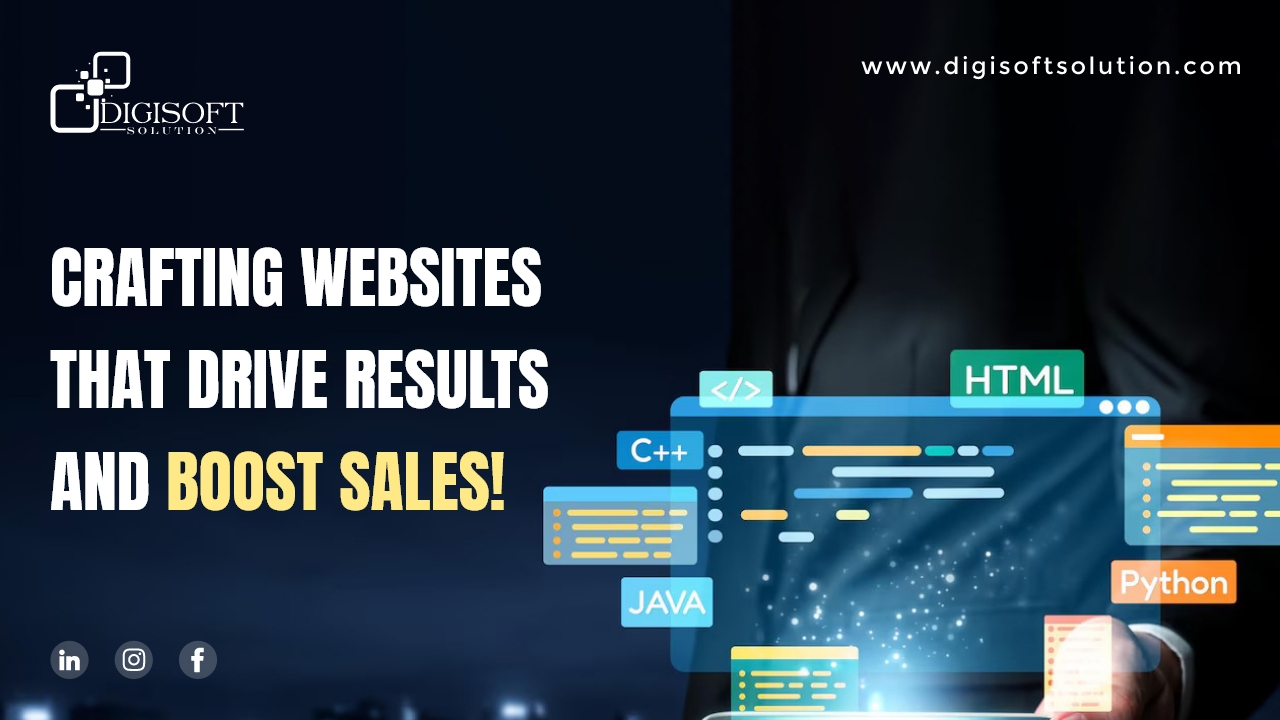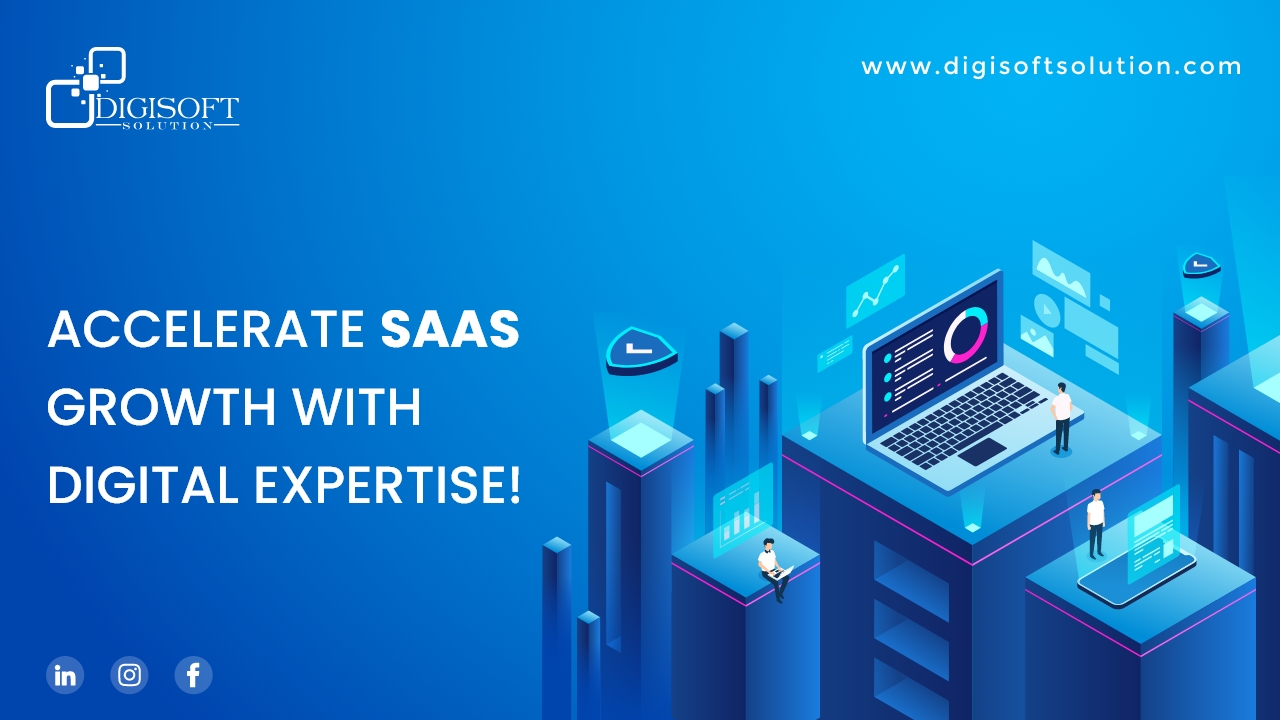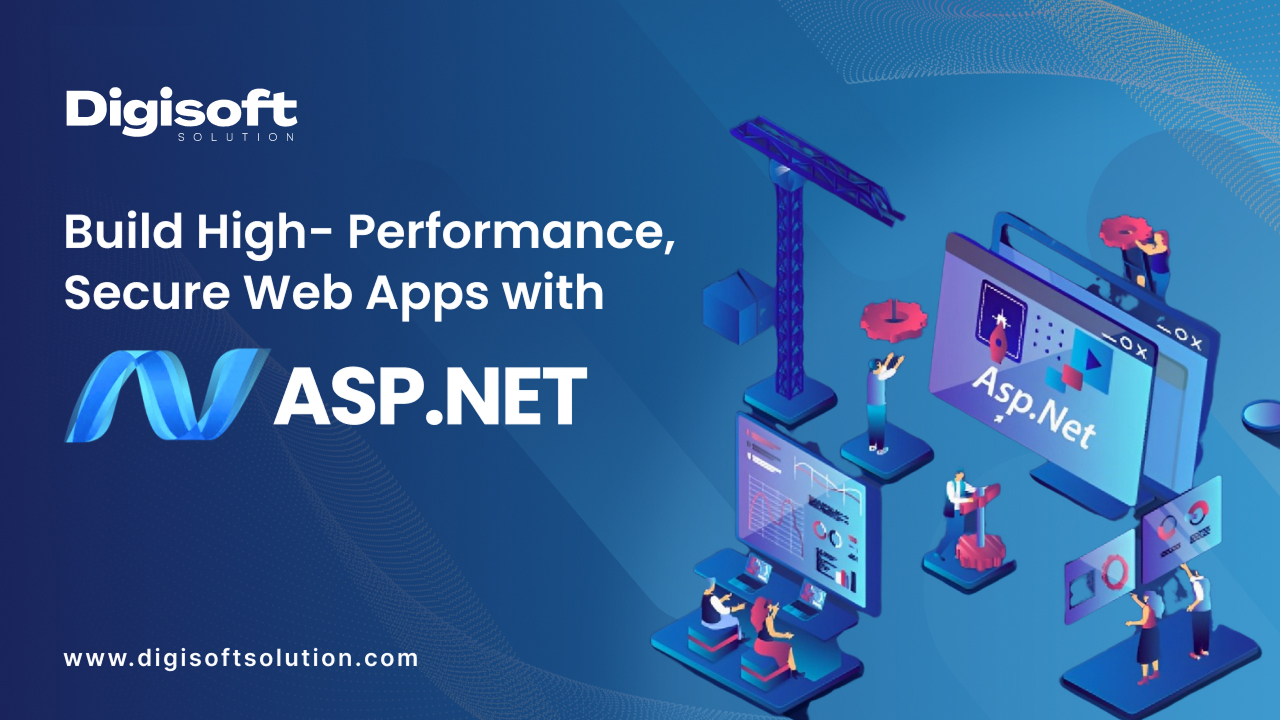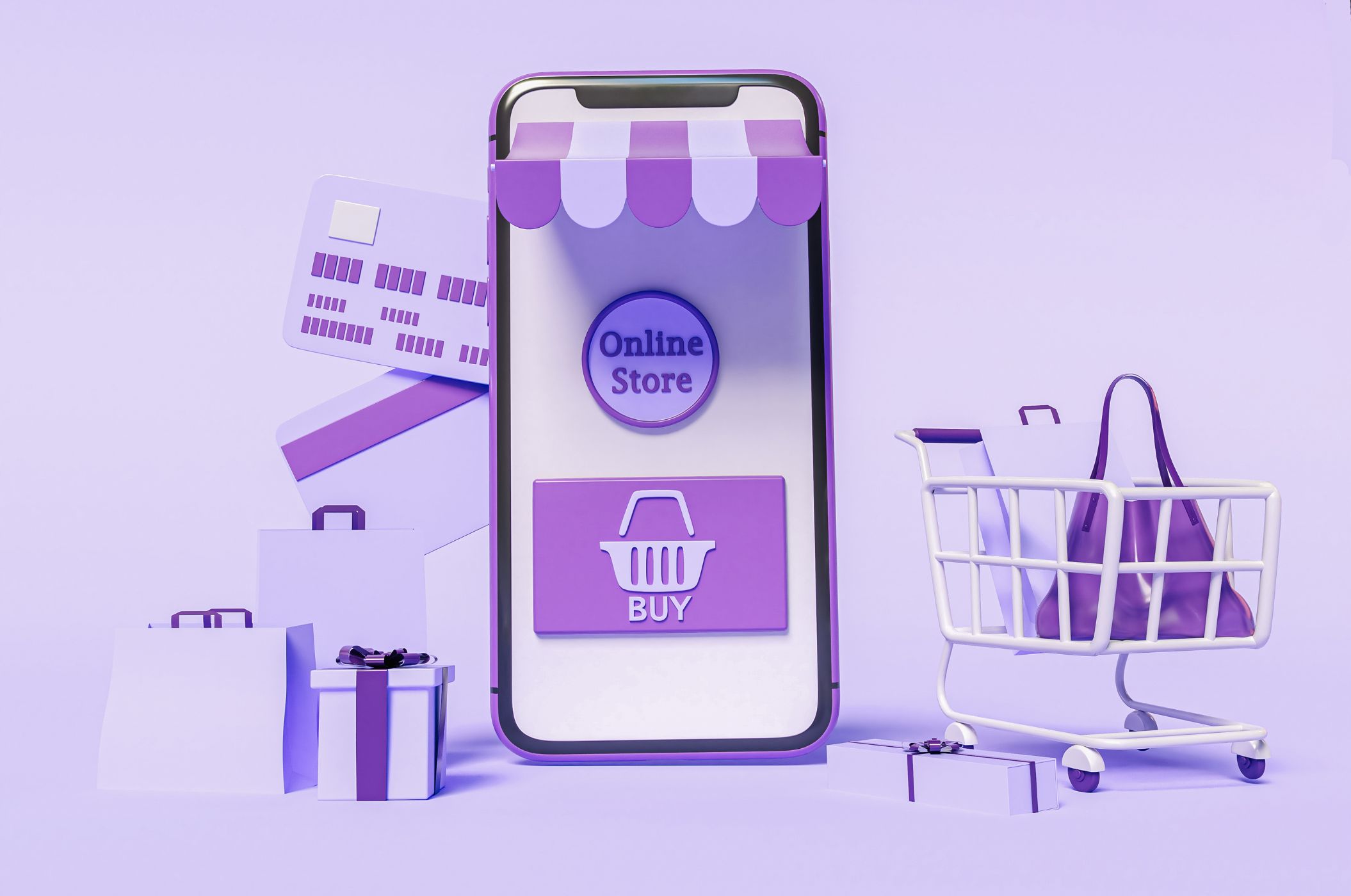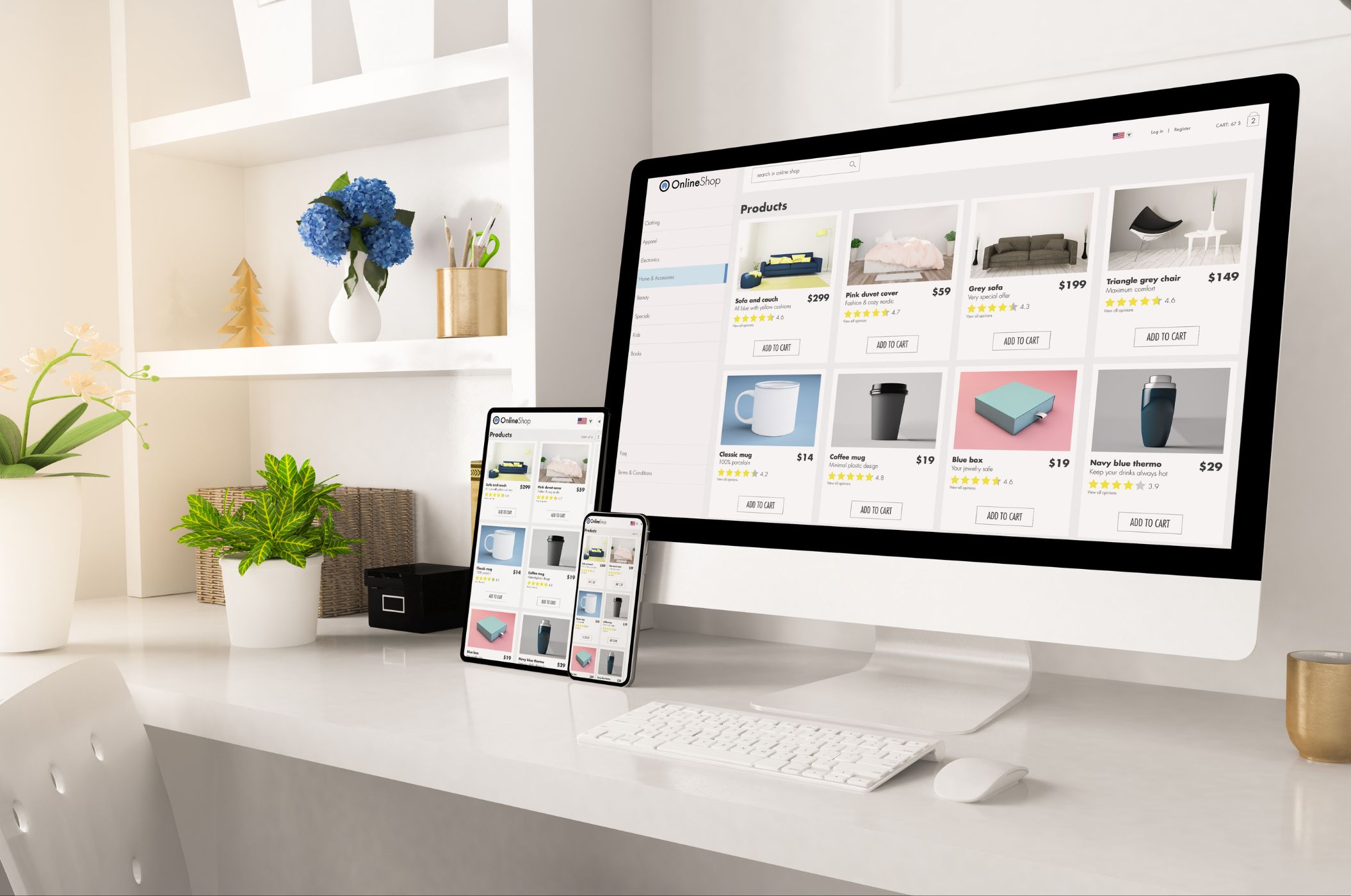Table of Content
- Why Retail Software Development Is Essential
- Step-by-Step Guide to Retail Software Development Services
- In-Demand Retail Software Solutions
- Key Challenges in the Development of Retail-Ware
- The operational advantages of custom retail software development
- How to Choose the Right Retail Software Development Company
- The Future of Retail Software Development
- Conclusion
Digital Transform with Us
Please feel free to share your thoughts and we can discuss it over a cup of coffee.

Being the fastest-evolving field in retail, every business is expected to embrace contemporary solutions that agilely meet customer demands. Retail software development services have transformed from mere luxuries into working instruments for smooth operations, improving customer service, and decision-making on a data-driven basis. Depending on the development approach chosen, retailers can now replace their outdated systems with those endowed with advanced technologies, including AI and IoT, for a customized, differentiating experience.
This blog is your step-by-step guide to retail software development services with an aim to understand the fundamental factors to know for developing custom solutions in the retail industry.
Why Retail Software Development Is Essential
The retail industry continues to evolve beyond traditional sales processes with omnichannel commerce, digital payment, and AI-driven recommendations entering into the mainstream. Custom retail software development solutions allow businesses to build solutions that reflect their processes, eliminating the need to make do with a generic, off-the-shelf platform. Retail software development solutions provide:
- Operational efficiencies: Automation of inventory, billing, and supply chain.
- Real-time data: The company can make strategic decisions with the help of accurate data.
- Individualised customer experience: AI and analytics-based recommendations.
Many retailers are now teaming up with specialized retail software development companies to create and launch modern, reliable platforms that meet today’s retail needs.
Step-by-Step Guide to Retail Software Development Services
1. Clarify Business Requirements and Goals: Every project starts with precisely what problems the software is solving. Clarify the relevant pain points like inventory mistakes, slow customer checkouts, or lack of personalization. Engaging the stakeholders, including store managers and marketing teams, will cement the requirements to meet a business objective.
Typically, a retail software development company will develop a Business Requirements Document (BRD), which will define the features, functions, and performance metrics. The BRD document establishes the baseline for development.
2. Choose the Scope of Retail Software: A retail business will need many types of retail software, each serving its own purpose. These are the most common:
- Retail Management Systems: Unifying operations like staff scheduling, order processing, record keeping, etc.
- Point of Sale (POS) Software: Typically, Point of Sale software allows customers to pay effortlessly, inventory synchronization and consumer loyalty to be tracked.
- Customer Relationship Management (CRM): Retailers with a CRM will understand how the buyer behaves and can create a targeted campaign.
- Inventory Management Systems: Retailers can prevent stock-outs or overstock by monitoring inventory and using AI to project future inventory demand.
- Omnichannel Retail Platforms: Retailers are able to present a long-term, consistent experience in a brick-and-mortar location as well as across online transactions.
By working with professional retail software developers, you can decide which solution best aligns with your workflows and customer needs.
3. Market and Technical Analysis: Before starting development, it is essential to evaluate both the market and your current technology. In a specific software development for retail industry strategy, you will evaluate potential competitors, user expectations and advancements in relevant technology trends, such as IoT-based inventory tracking, or AI-driven personalization.
A technical analysis would be to identify required integrations, such as payment gateways, Enterprise Resource Planning (ERP) systems, and e-commerce platforms, as well as selecting an appropriate technology stack for performance and scalability.
4. Plan the Tech Strategy, and System Design: A complete tech strategy should specify system architecture, chosen development methodology (e.g., Agile or Scrum) and key timelines. During the design period, UX/UI designers and software architects define wireframes and prototypes for workflow visualization.
For custom development of retail software, this phase is important to ensure that the custom solution stays user friendly and mimics the operations of real-world retail. Prototypes also allow critiques early on and reduce the cost of rework later in the project.
5. Development Phase: This core coding phase is where the vision turns into a working product. Developers implement features in sprints allowing for incremental improvements and stakeholder reviews. In cases where the project is custom retail software development solutions, Agile ensures that one can always remain flexible to readdress priorities as new requirements arise.
This may involve setting up API integration, implementation of AI algorithms, or IoT-driven features such as automatic monitoring of stock levels.
6. Testing and Quality Assurance: A strong QA system drives the imperative for a perfect product.
- Unit Testing: For QA testing individual components.
- Integration Testing: Ensures modules work well together.
- User Acceptance Testing (UAT): To obtain feedback from end users.
- Performance Testing: Checks the software under massive traffic loads.
Often, a retail software development service provider initiates an automated test pipeline so that it can validate the QA processes efficiently and accurately.
7. Deployment & Support: After testing, the solution is deployed into the live environment. For retail systems such as POS or inventory systems, this stage will involve hardware setup and integration, training for staff, and performance monitoring.
Ongoing support is essential for operations to run smoothly, and maintain security patches and updates, and new features to align with the changing needs of a business. A skilled retail software developer will provide ongoing support in order to stay on top of software.
In-Demand Retail Software Solutions
With the evolving needs of modern retailers, the business tends to adopt the following building blocks:
- Retail Technology Consulting & Strategy: Invest wisely by having a digital roadmap that supports retail goals. The experts bring in strategic clarity to weed out inefficiencies, streamline systems, and scale with control.
- Custom Retail Software Development: From niche retail segments to multi-location chains, custom barrels guarantee the manufacturing of high-quality software products specific to your workflows, team roles, and infrastructure.
- Retail Web & Mobile Applications: Build enticing customer journeys, and let your staff maximize customer satisfaction through advanced mobile and web tools. These applications help the staff by making their operations smoother while providing an excellent user experience.
- Retail Software Integration & Modernization: Are you lagging behind in legacy systems? We modernize and integrate these with the latest technologies without disturbing your existing workflows.
- Customer Engagement & Personalization Tools: Increase retention with AI-powered personalization. The tools are developed to personalize the experience based on purchasing history, location, and customer behavior.
- Inventory & Supply Chain Management Solutions: Complete visibility into the supply chain is achieved with real-time inventory updates. This predisposes stockouts and dead stock and responds immediately to demand.
- Retail Transaction & Payment Solutions: Payments are made smooth through POS-integrated, multichannel systems that ensure timely checkouts and lessen the number of customer drop-offs.
- Retail Analytics & Business Intelligence: Employ advanced BI tools to formulate strategies-analyze everything, from SKU velocity to traffic patterns. Growing must-have recorded insights.
- Loyalty Program Management Solutions: A higher repeat implementation of multi-channel loyalty programs, giving one-on-one rewards, and smooth omnichannel interactions.
Key Challenges in the Development of Retail-Ware
Running retail software gives you straightforward benefits but at the challenges of implementing it:
- Integration with Legacy Systems: These older systems are hard to connect with modern solutions.
- Data Silos: Fragmented data between departments can reduce efficiency.
- Security and Compliance: Regulations such as GDPR or PCI DSS demand stringent data protection measures.
- Flexibility: It has to meet the sudden spikes during seasonal sales.
- Personalization: AI will be recommended on the basis of clean and well-structured data.
The optimized way to overcome these challenges is to partner with the retail software companies who hold expertise in legacy modernization and AI/IoT integration.
The operational advantages of custom retail software development
When businesses invest in custom retail software development, they can
- Save costs by automating every repetitive task.
- Enhance customer loyalty through personalized shopping experiences.
- Improve productivity by streamlining and harmonizing everything into one platform.
- Boost decision making through real-time analytics, predictive and forecasting their future sales.
- One great example of this is IKEA utilizing AI-powered recommendation engines that have boosted both engagement and sales.
How to Choose the Right Retail Software Development Company
Choosing the right vendor is critical to the successful outcome of the project. Here are some things to keep in mind:
- Demonstrated Experience: Check portfolios and case studies to determine experience in the sector.
- Technical Know-How: Look for technical expertise in modern technology stacks such as AI, IoT, and cloud service provider
- Agility of Approach: Ask whether they follow an iterative development process, it is a useful sign in terms of having increased frequency of partial deliveries
- Testimonials: You may face limitations to what you can find, but try to get an overall feel for your potential partner impressions with customers, reliability, quality and collaboration.
- Security Standards: Validate they meet current security and data protection requirements.
Going with a trusted partner like Digisoft Solution, you will have end-to-end support from the initial planning process, development and on-going maintenance.
The Future of Retail Software Development
On a greater horizon, the retail sector will be accepting innovative technologies such as AI-powered chatbots, IoT-enabled inventory management, and AR-based customer experiences. Businesses that adopt custom retail software development solutions stay ahead of their competitors by giving hyper-personalized and frictionless shopping journeys.
Conclusion
Retail software development services give businesses the ability to update their internal operations, increase customer engagement, and leverage data to drive future growth. Custom software solutions are changing the dynamic of retail from POS systems and Inventory Management Systems into AI-driven forecasting and omnichannel experiences.
The secret to success lies in pairing with a reliable team. And that is where Digisoft Solution is better. As a custom retail software development firm at the forefront, we are able to deliver custom solutions that fit the business model of your company in regard to scalability, security, and innovation.
If you want to further enhance your retail operations, get in touch with Digisoft Solution and create your next-generation retail software.
Digital Transform with Us
Please feel free to share your thoughts and we can discuss it over a cup of coffee.
 Kapil Sharma
Kapil Sharma

 Parampreet Singh
Parampreet Singh


